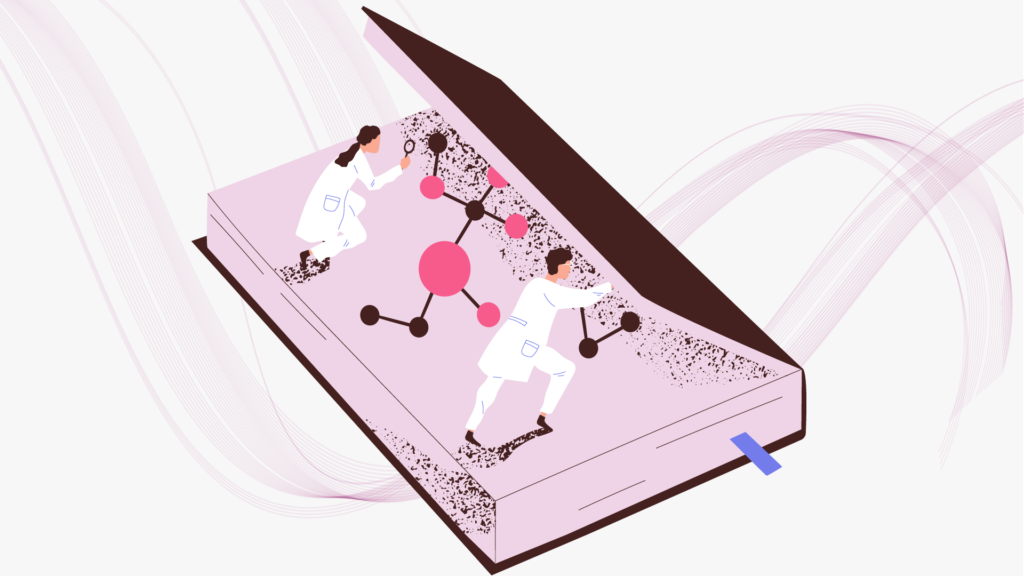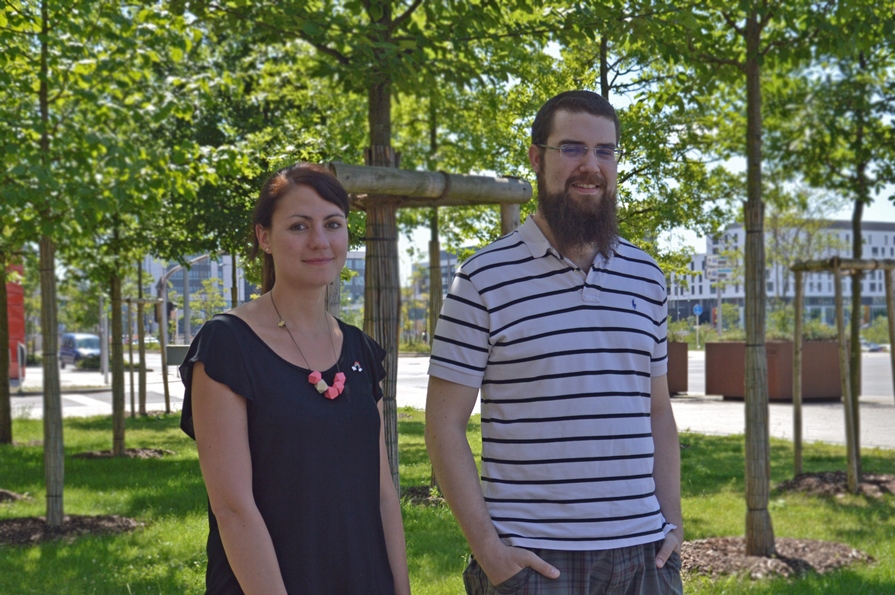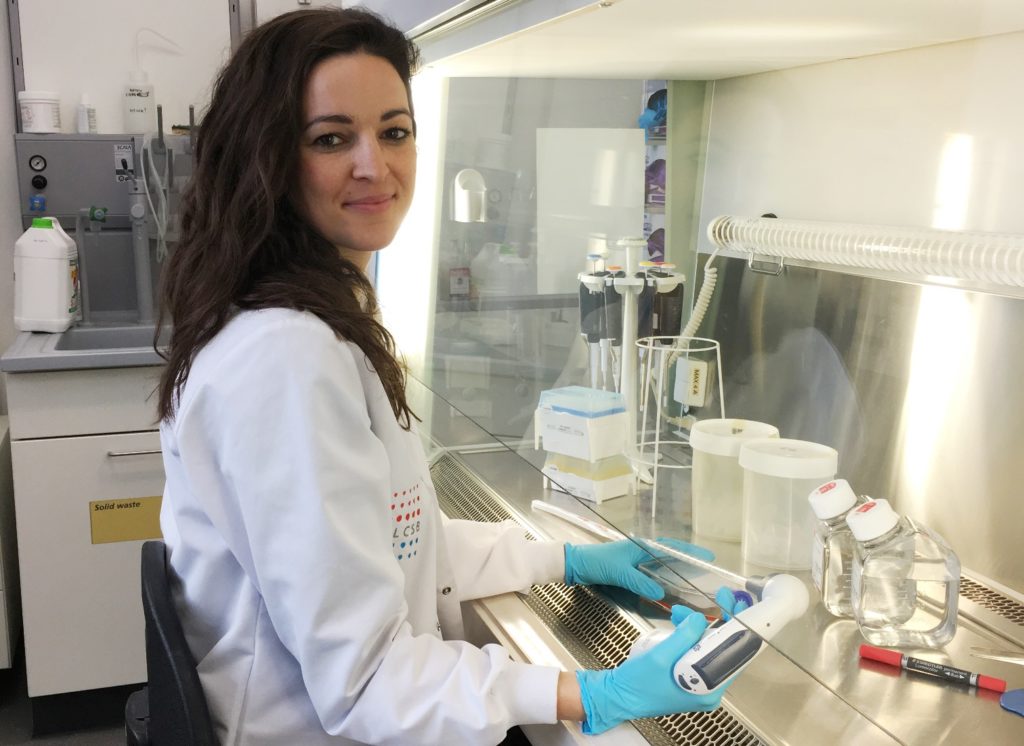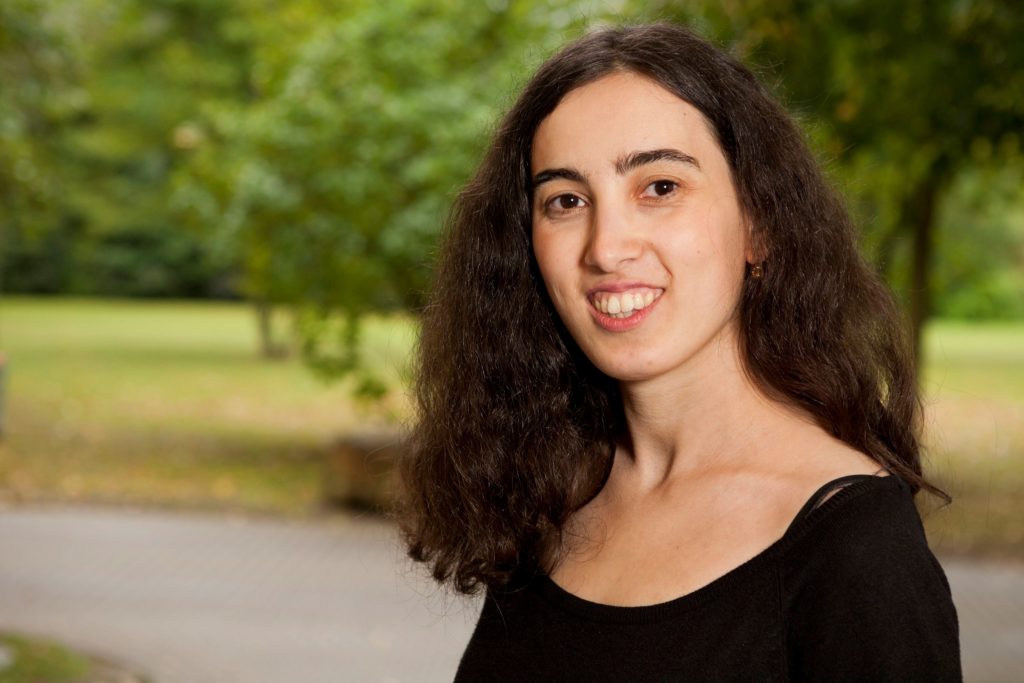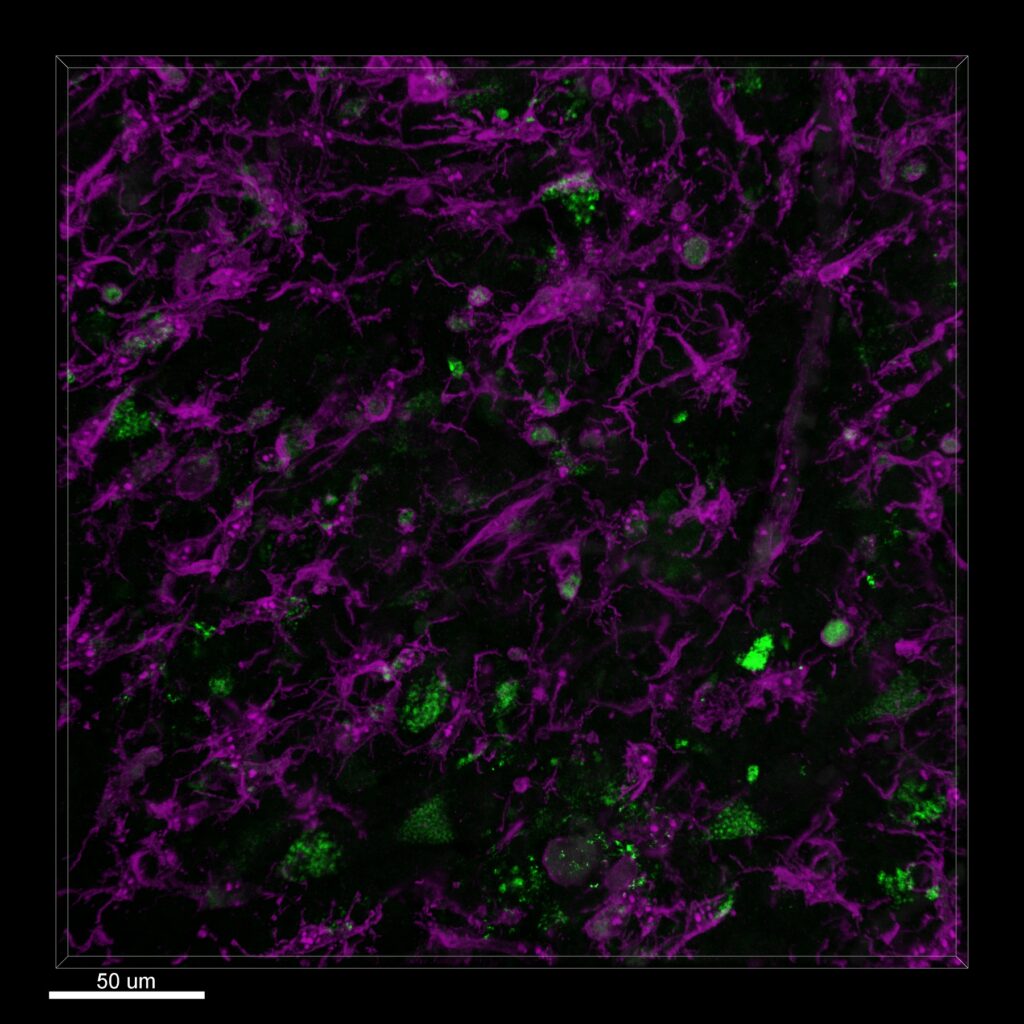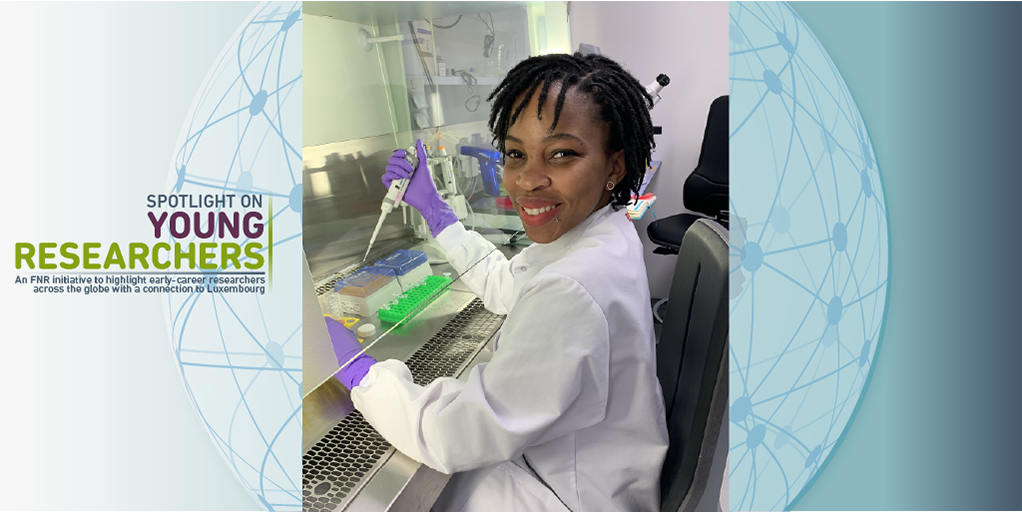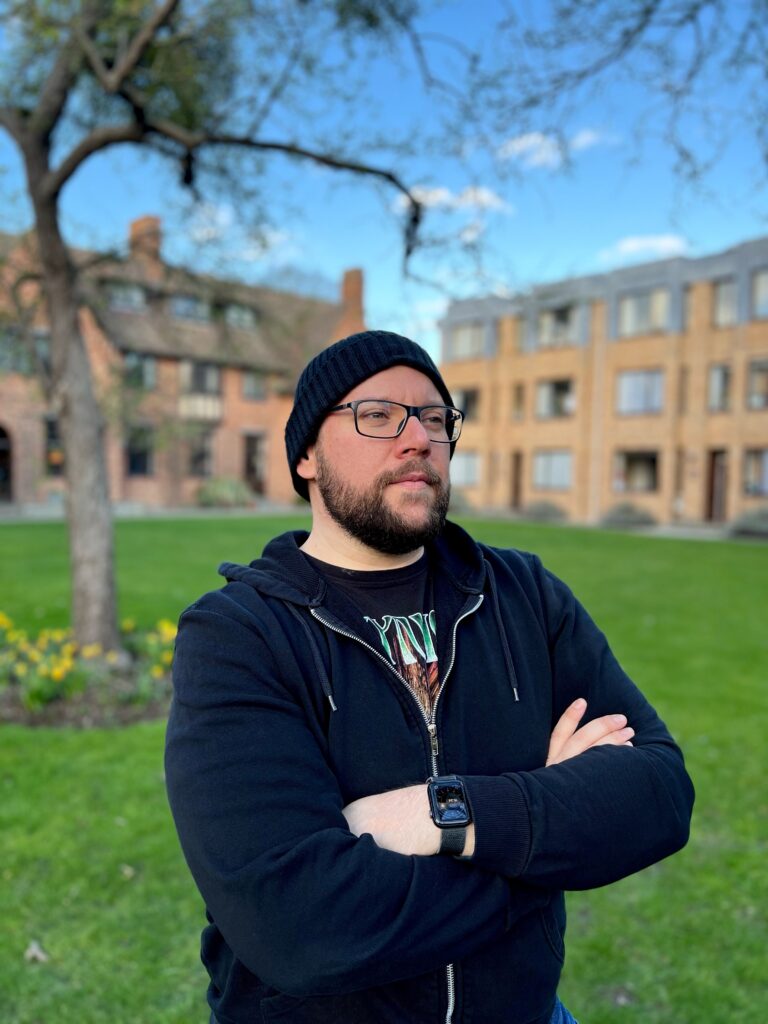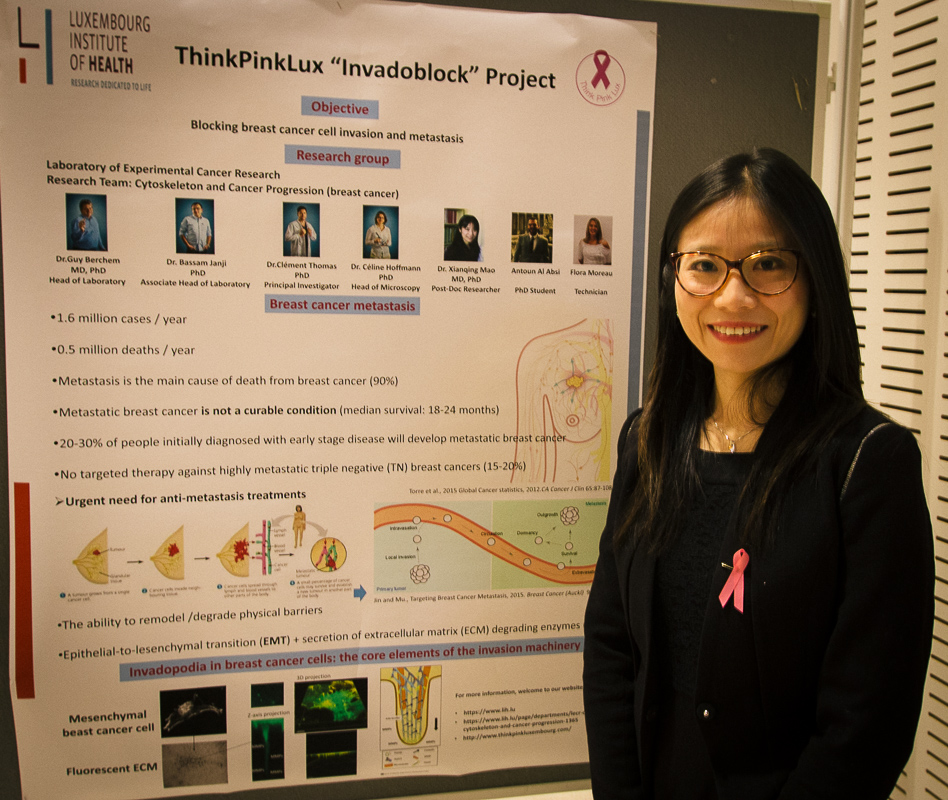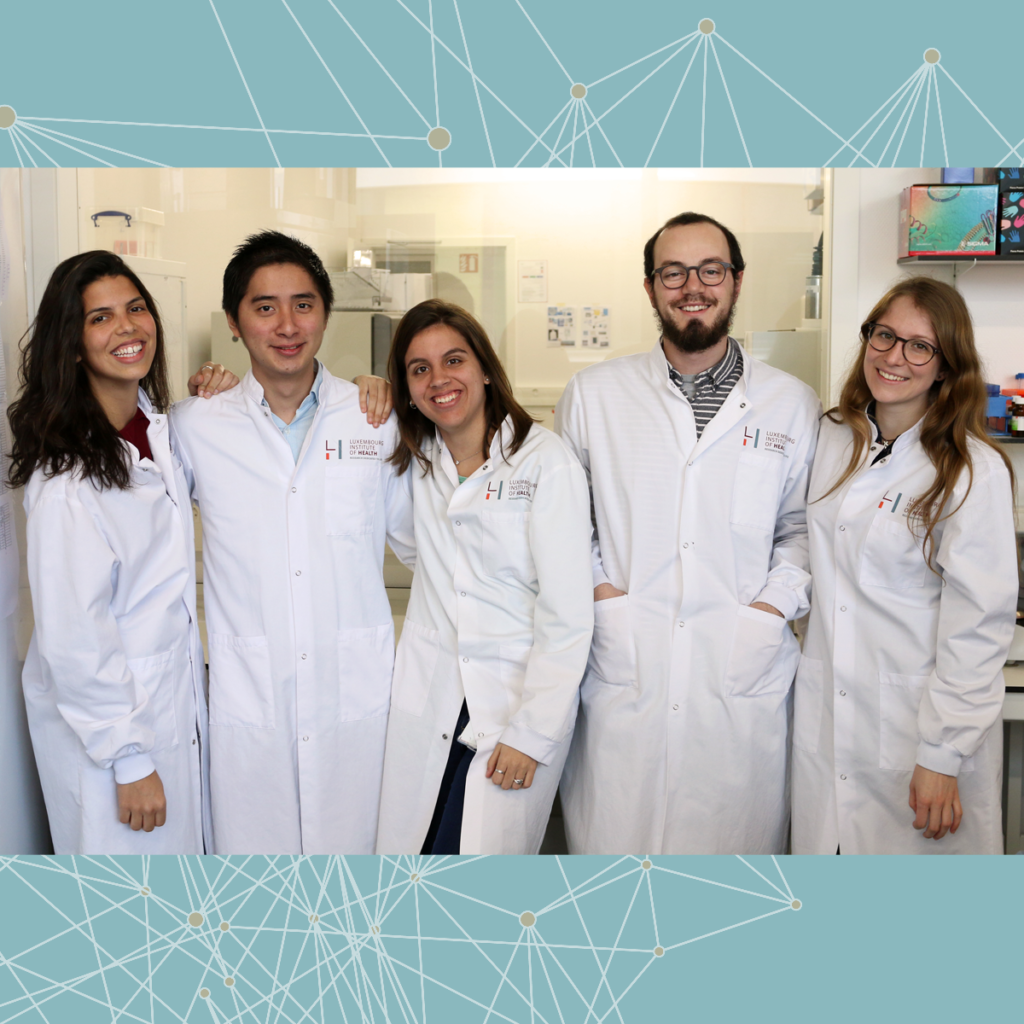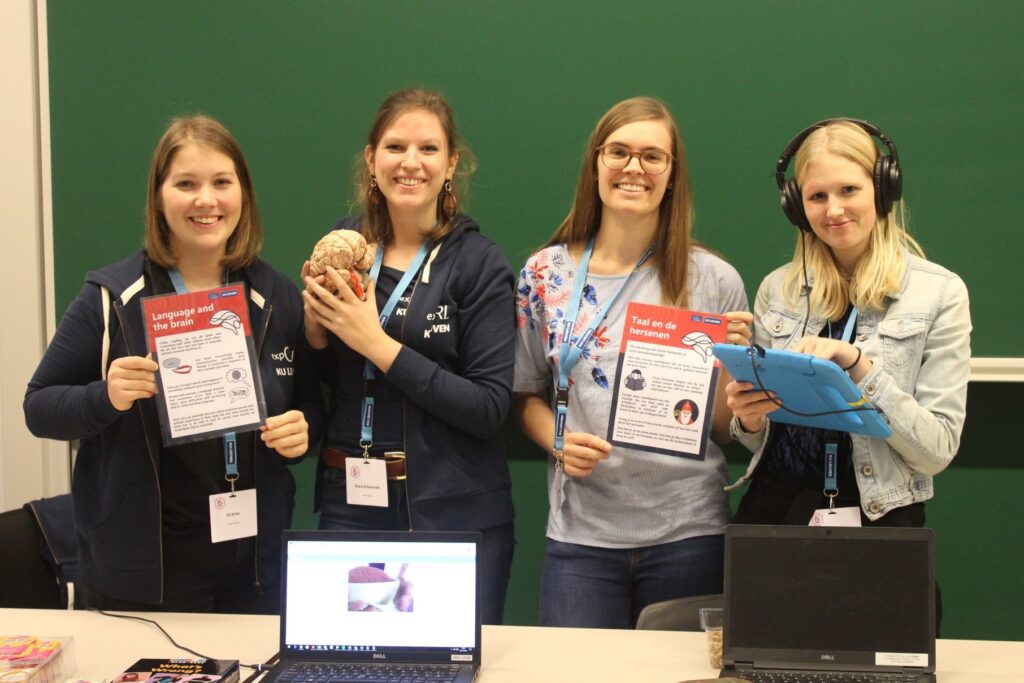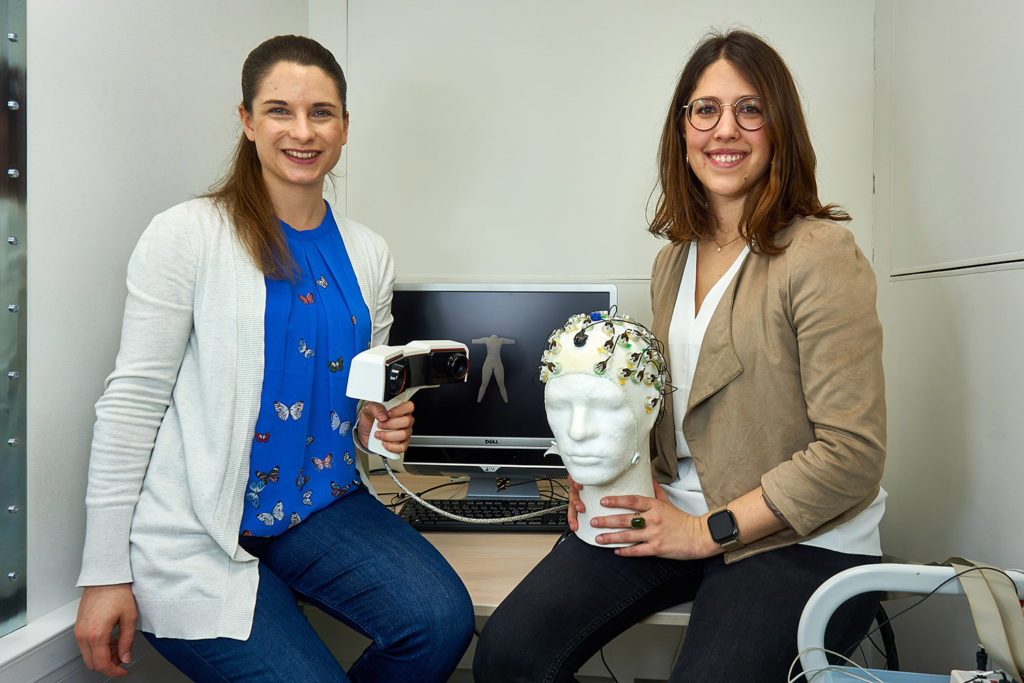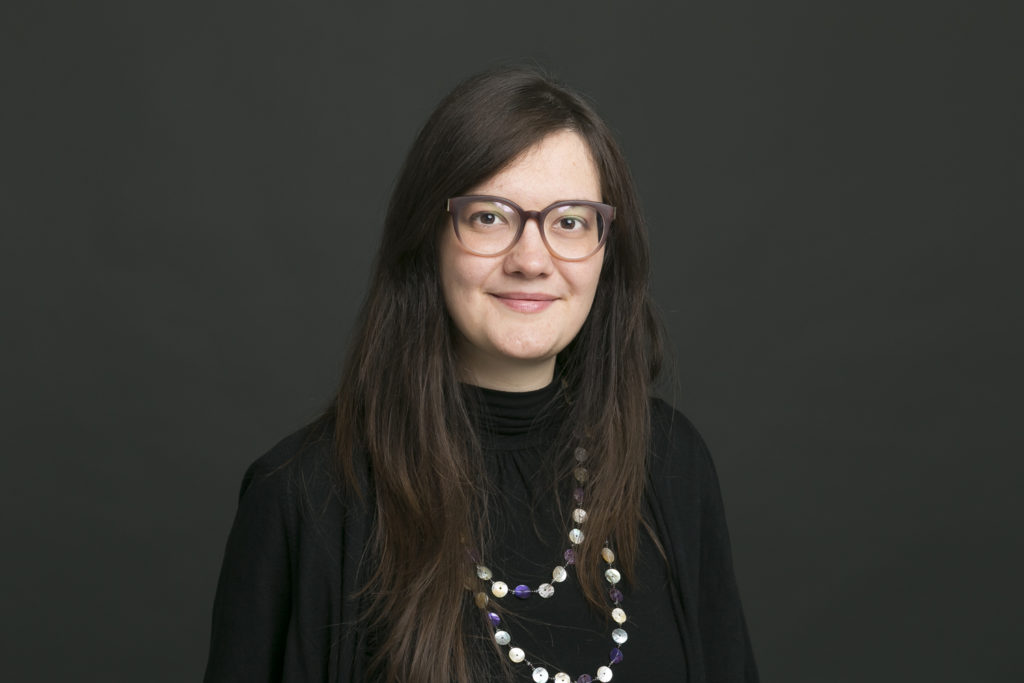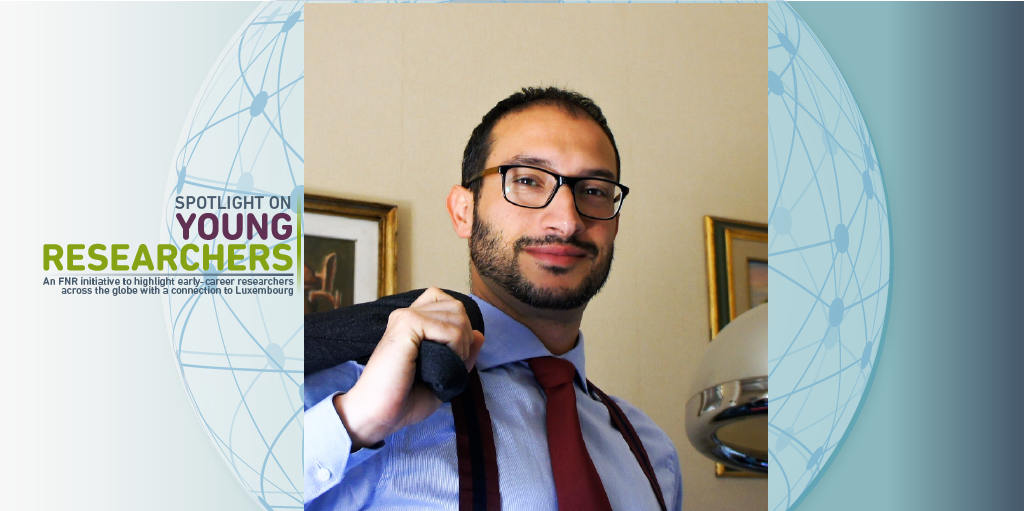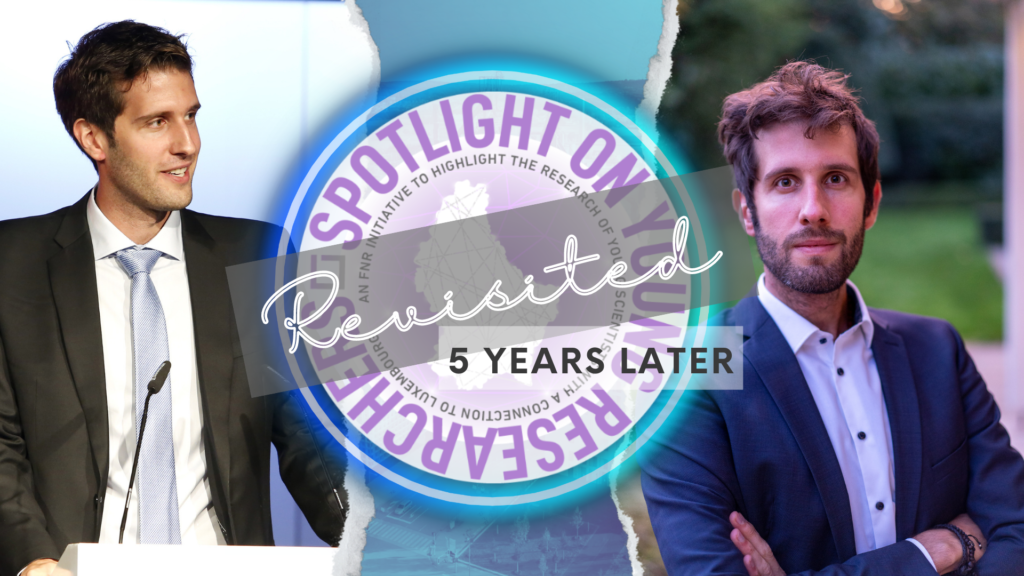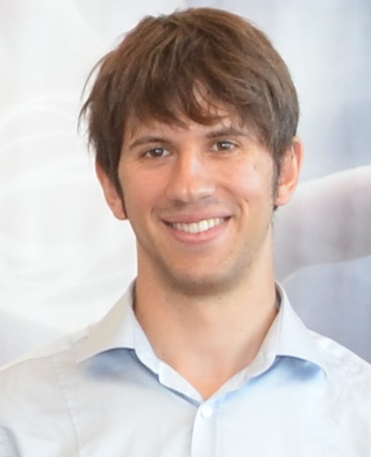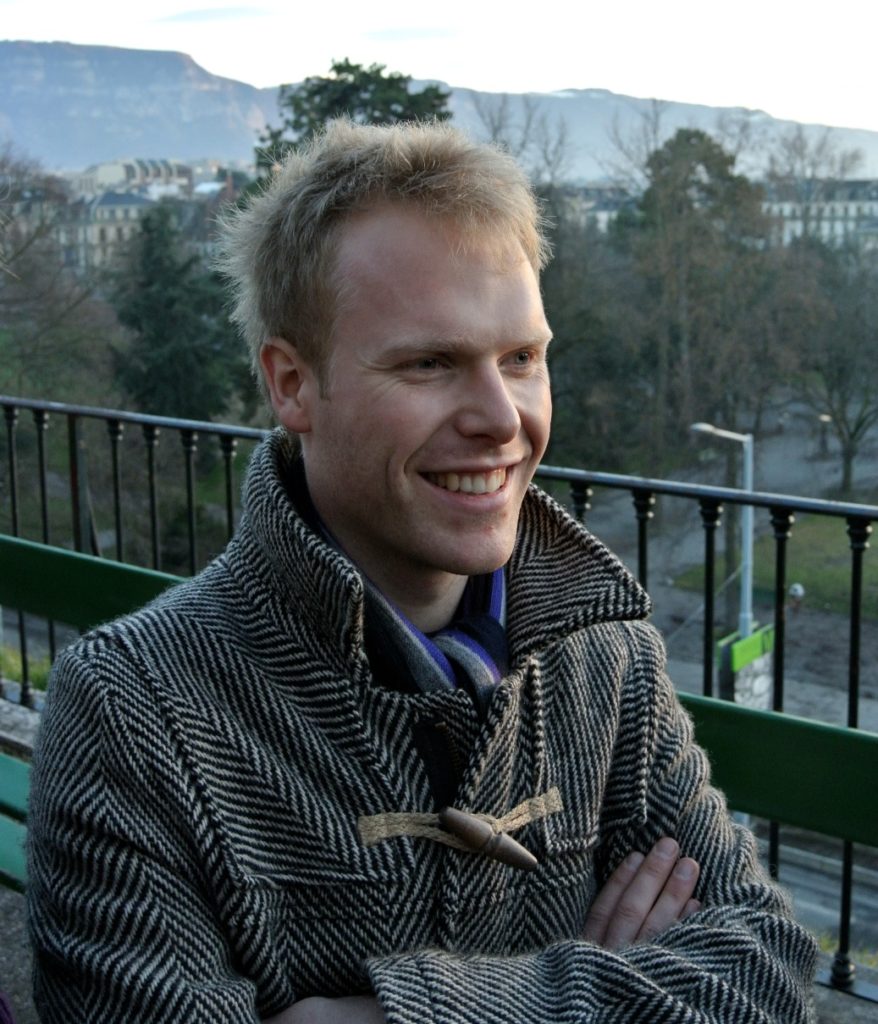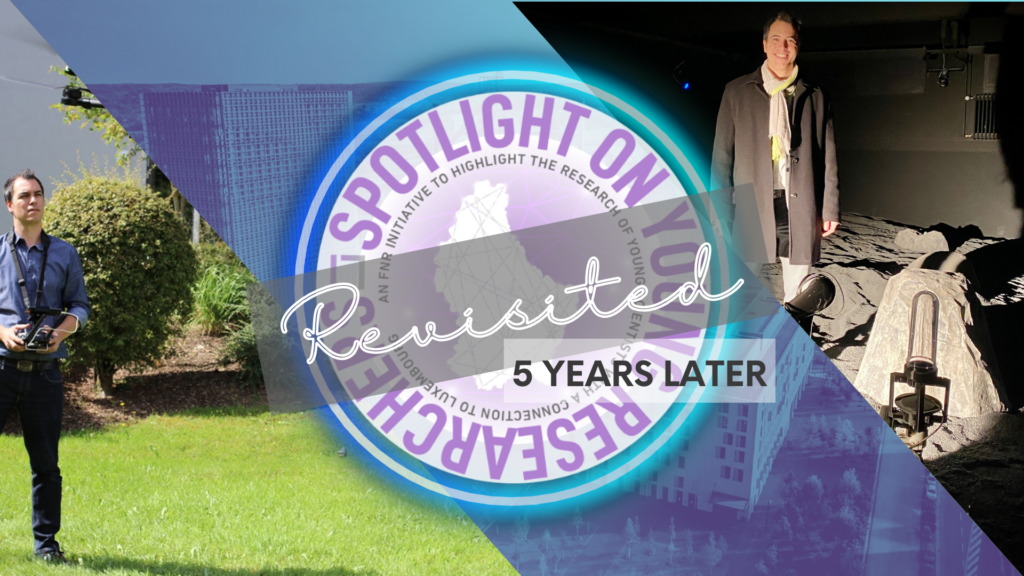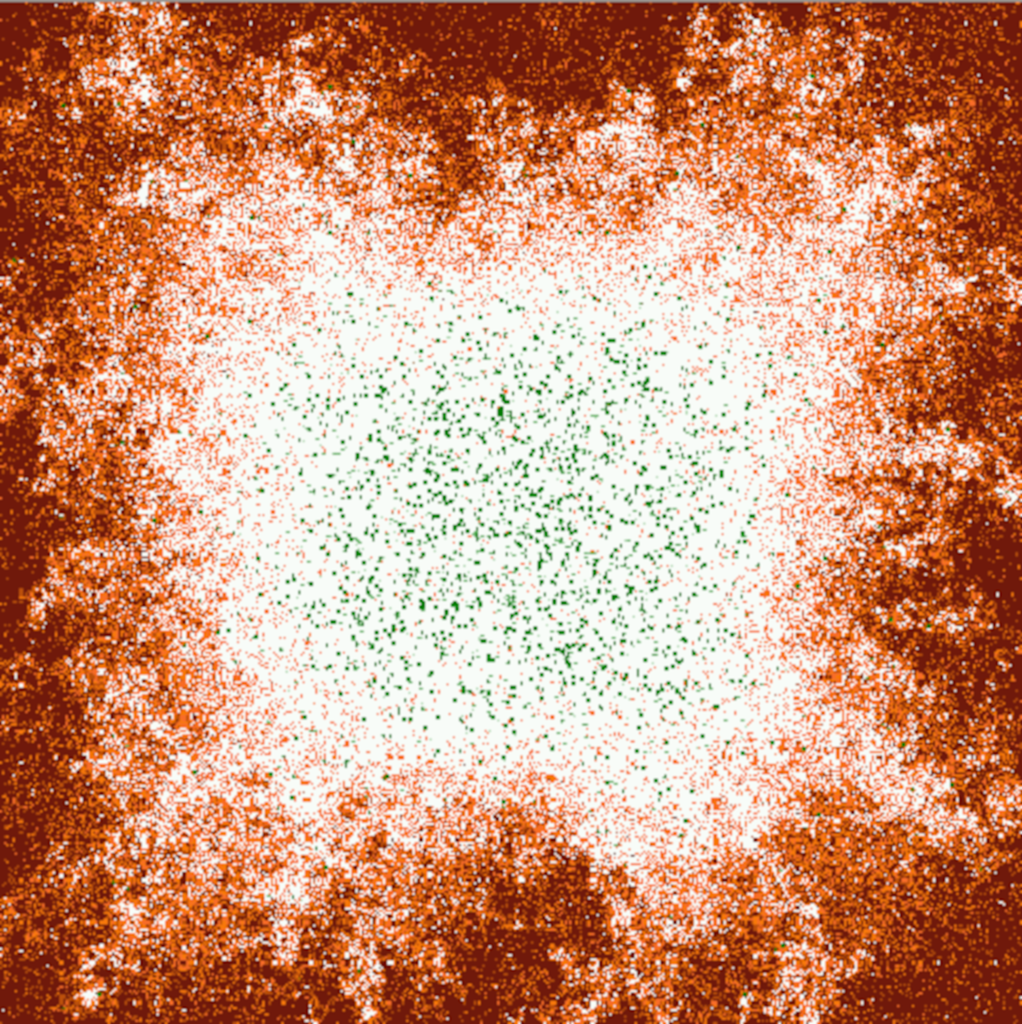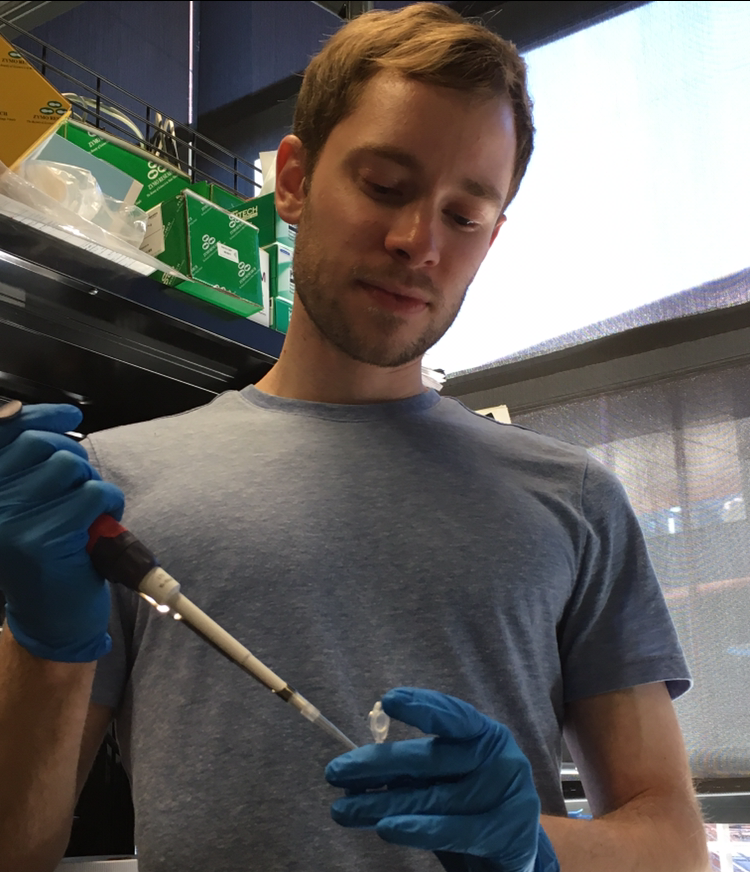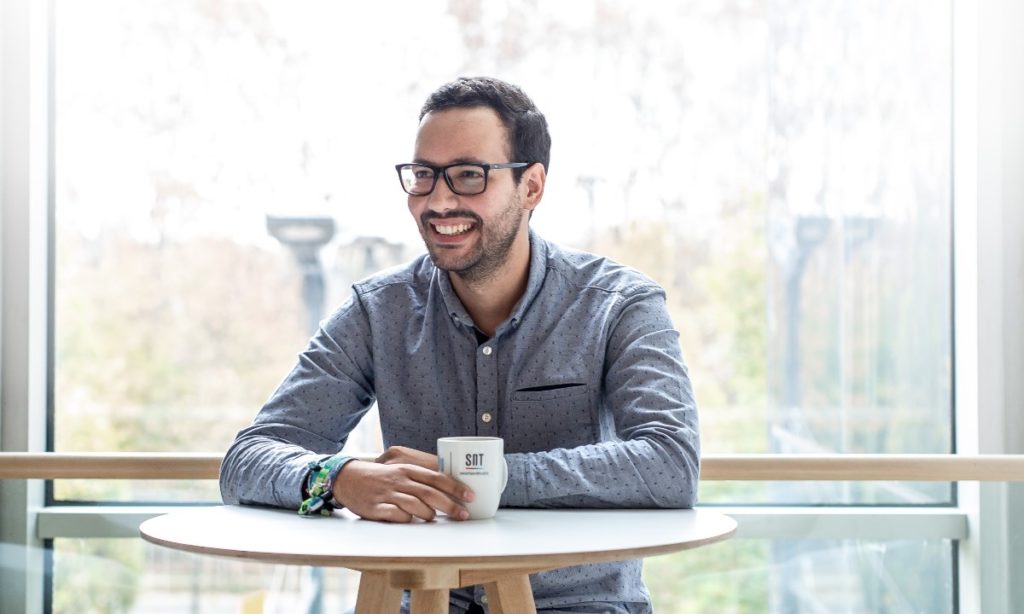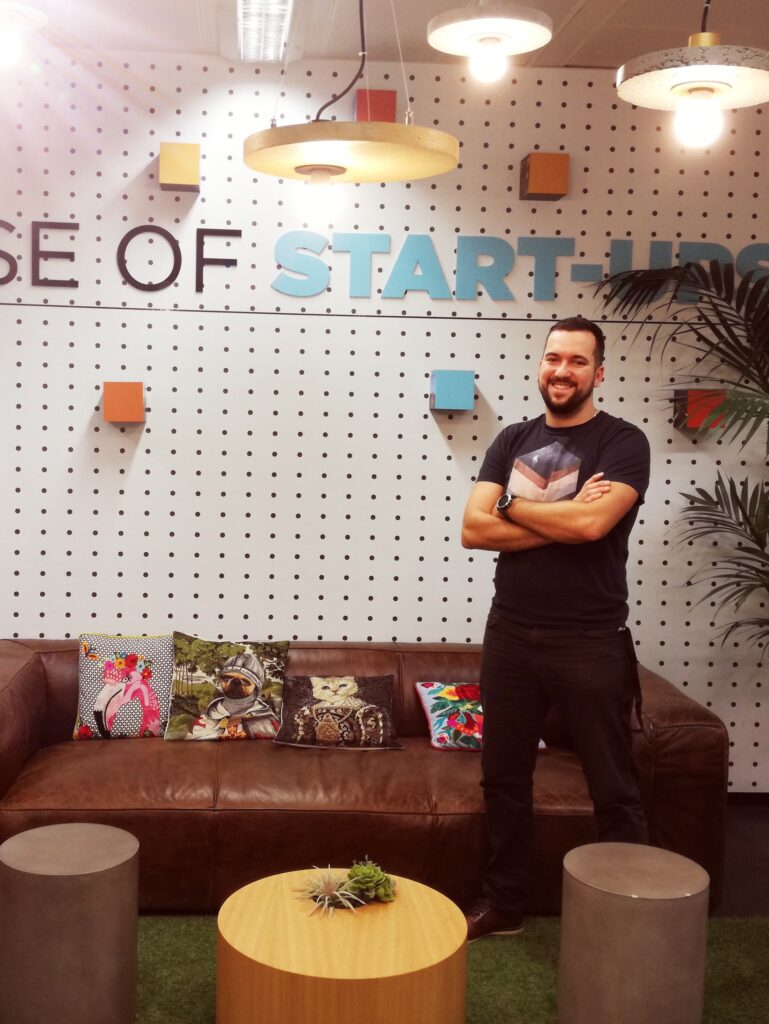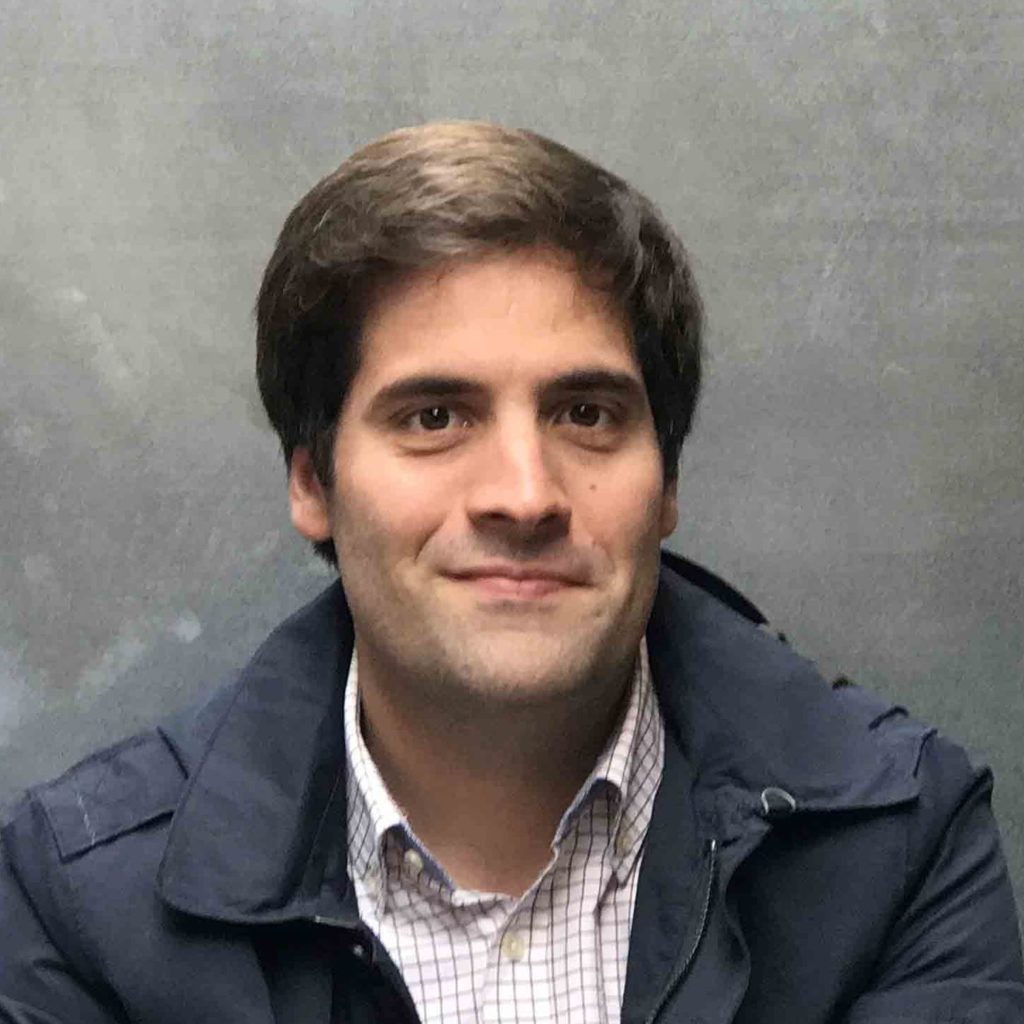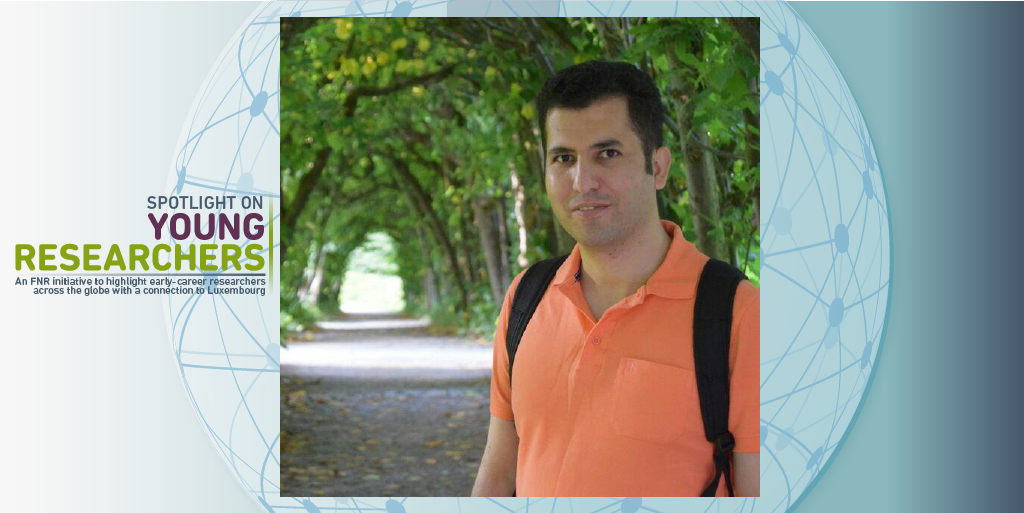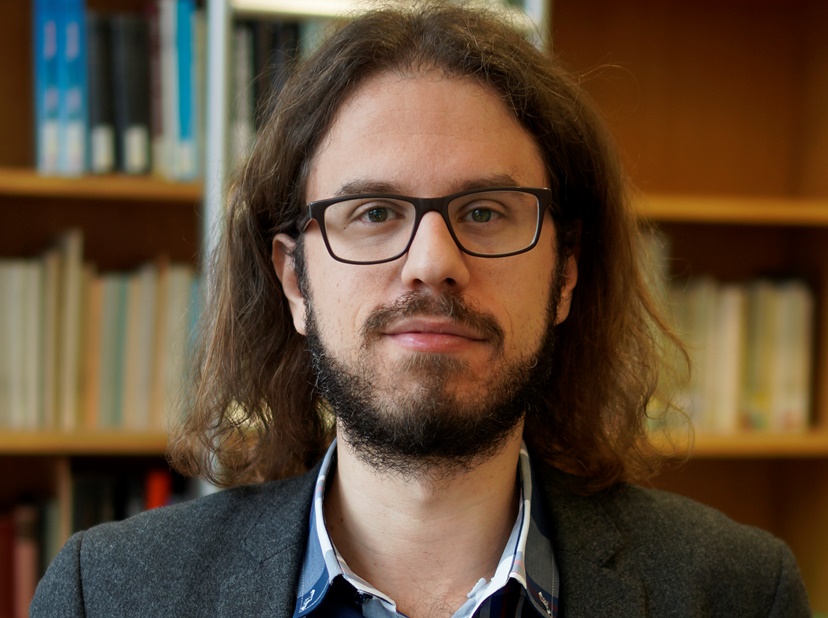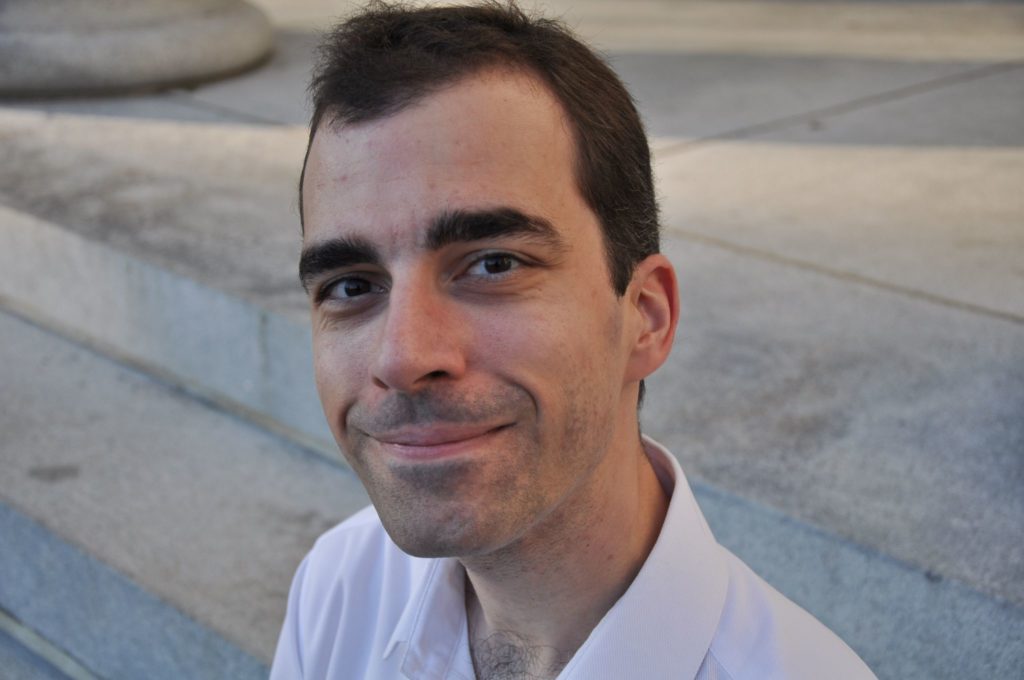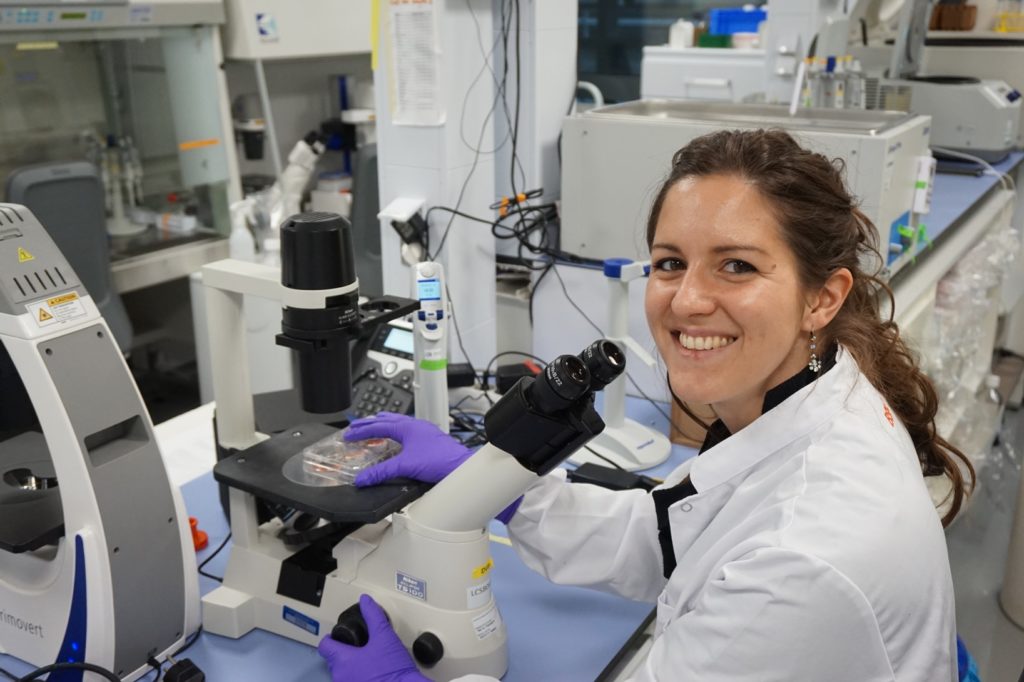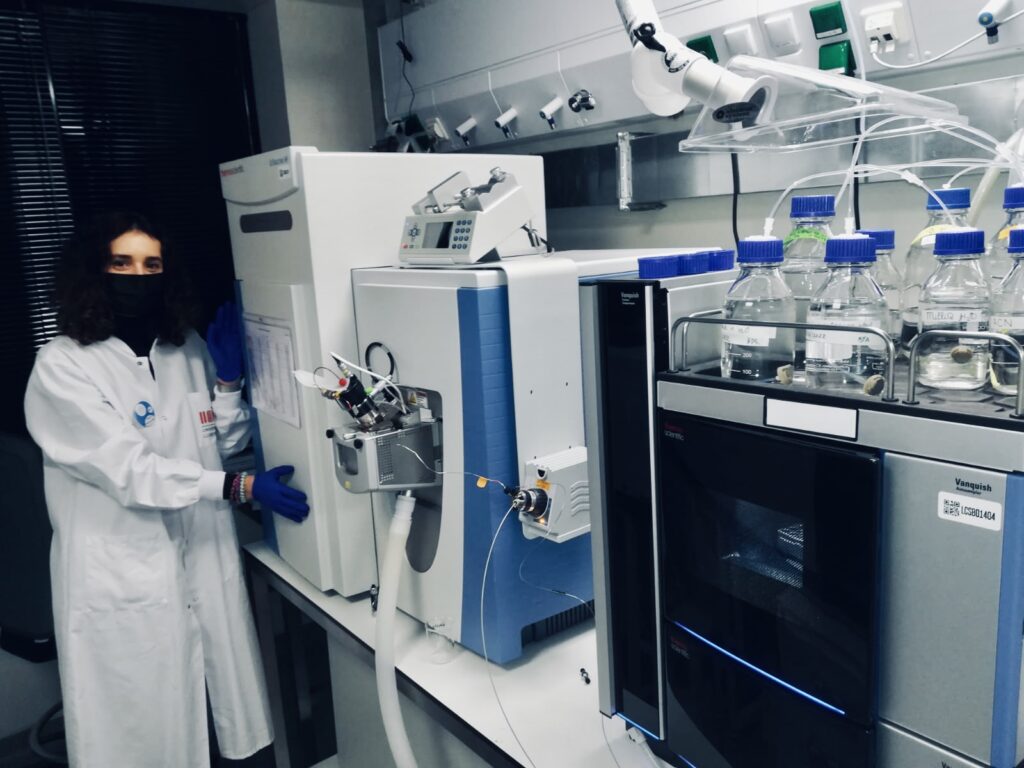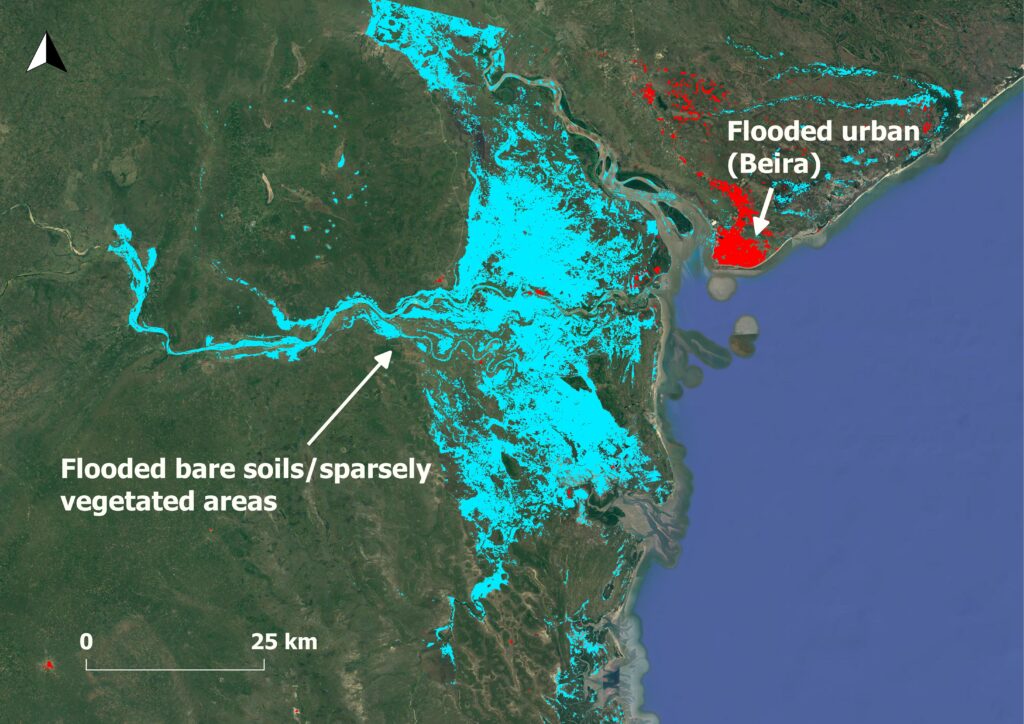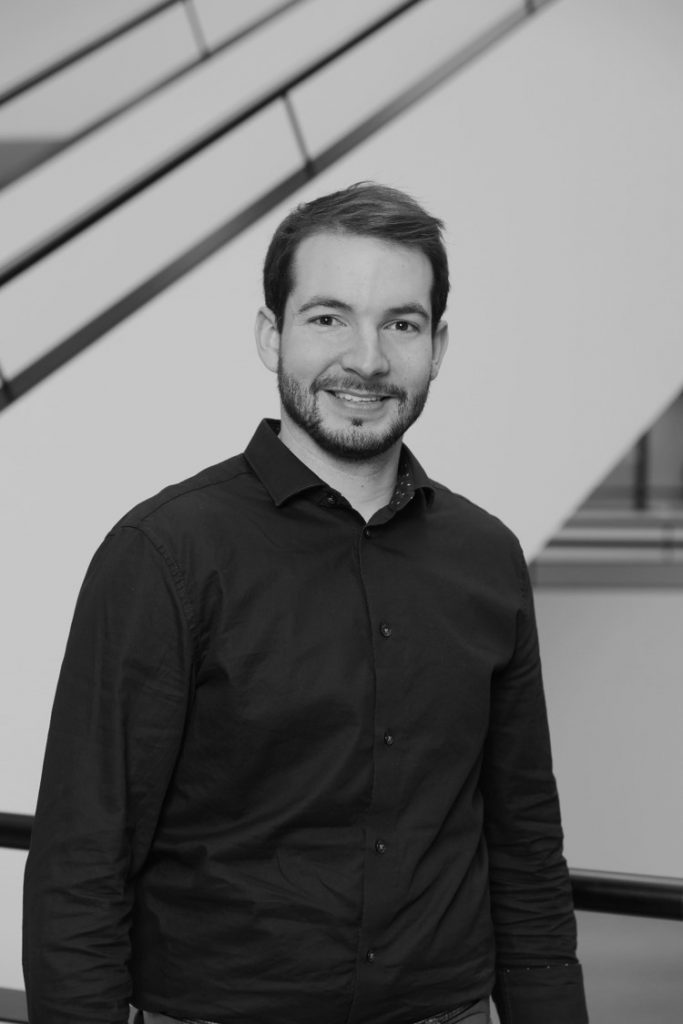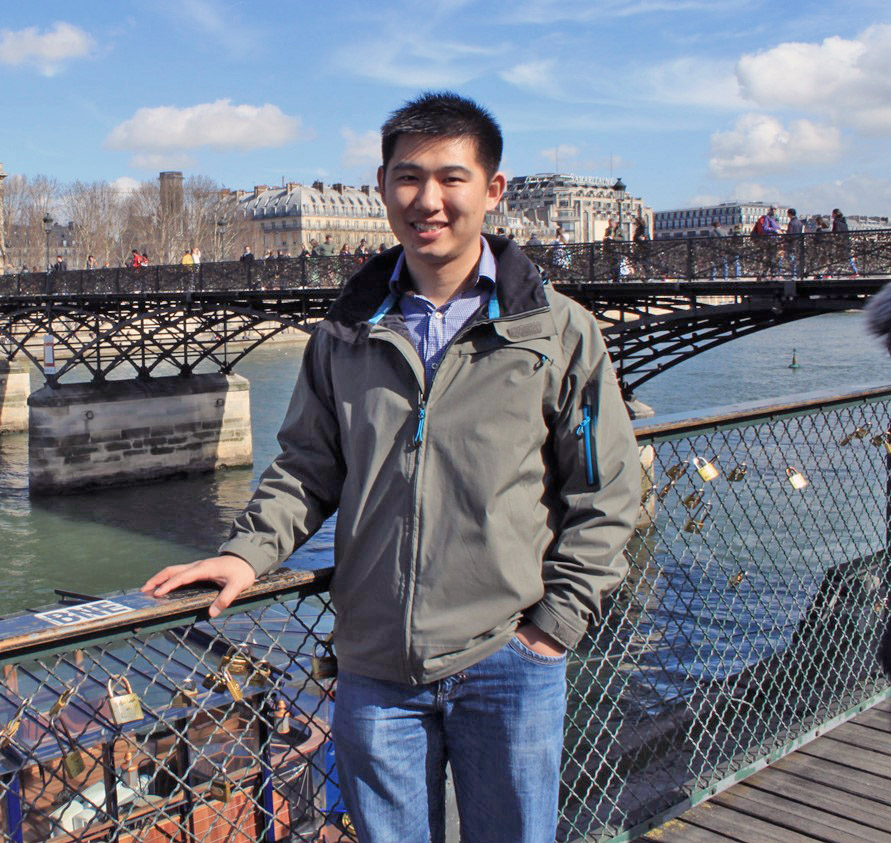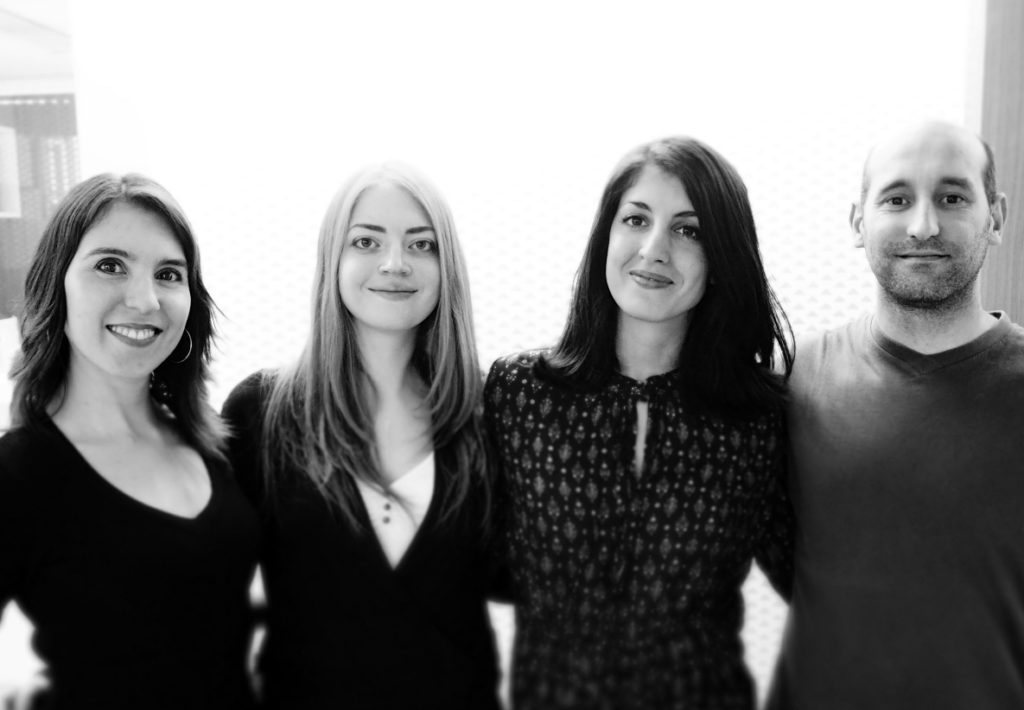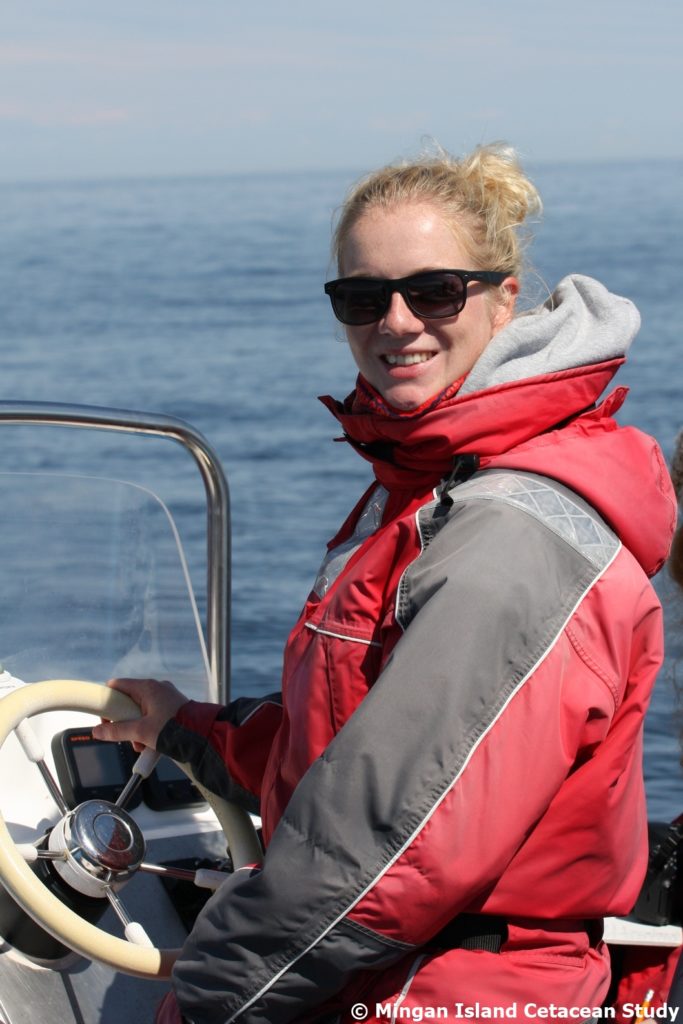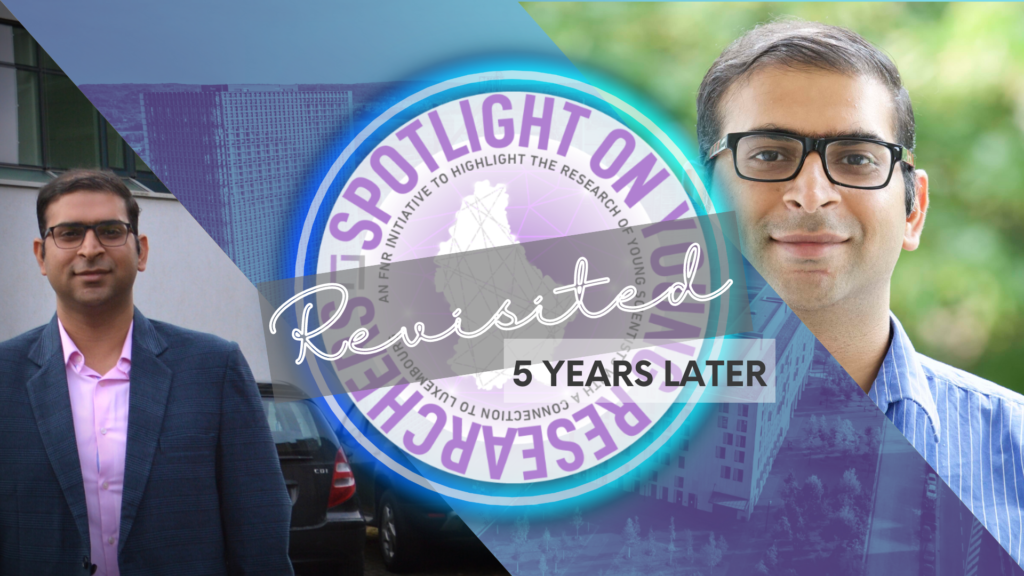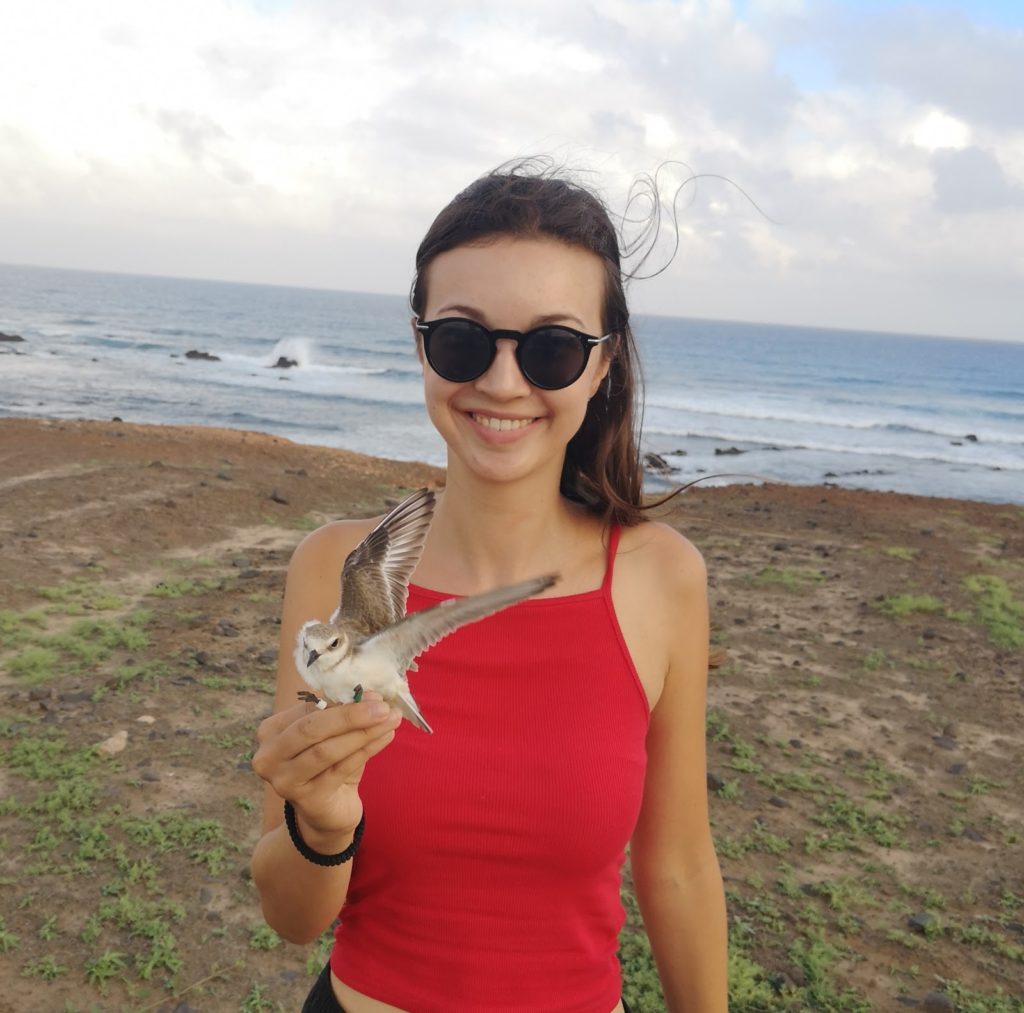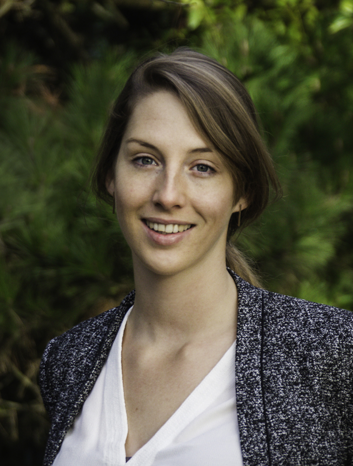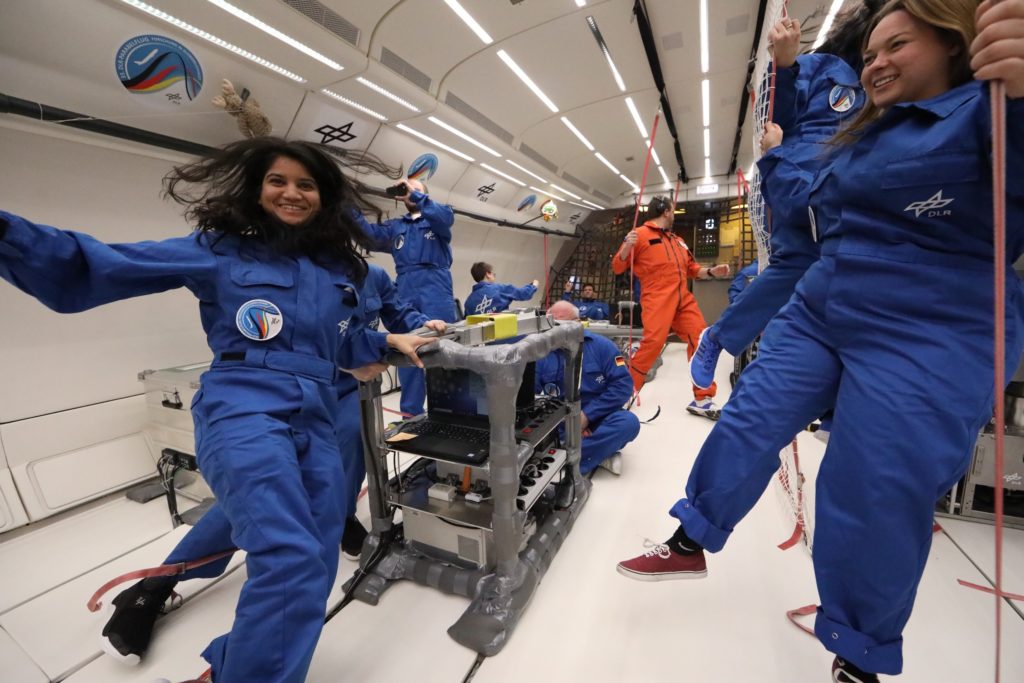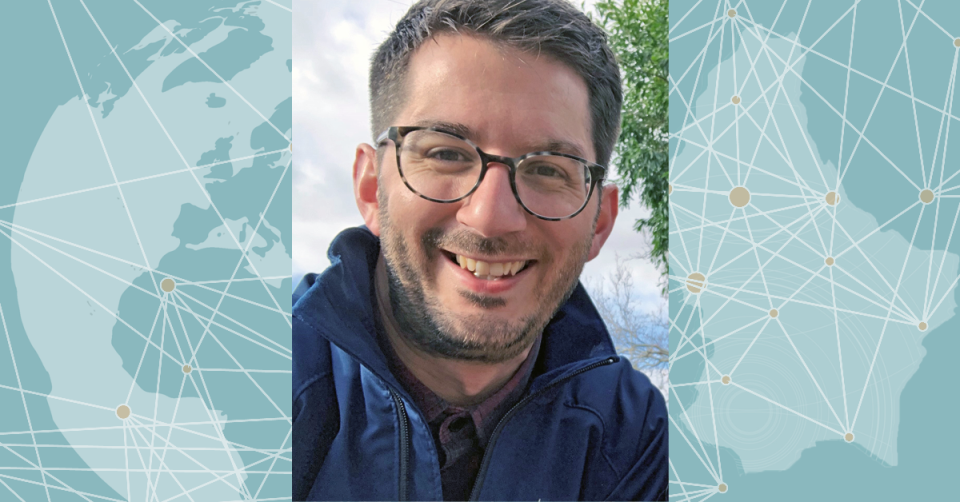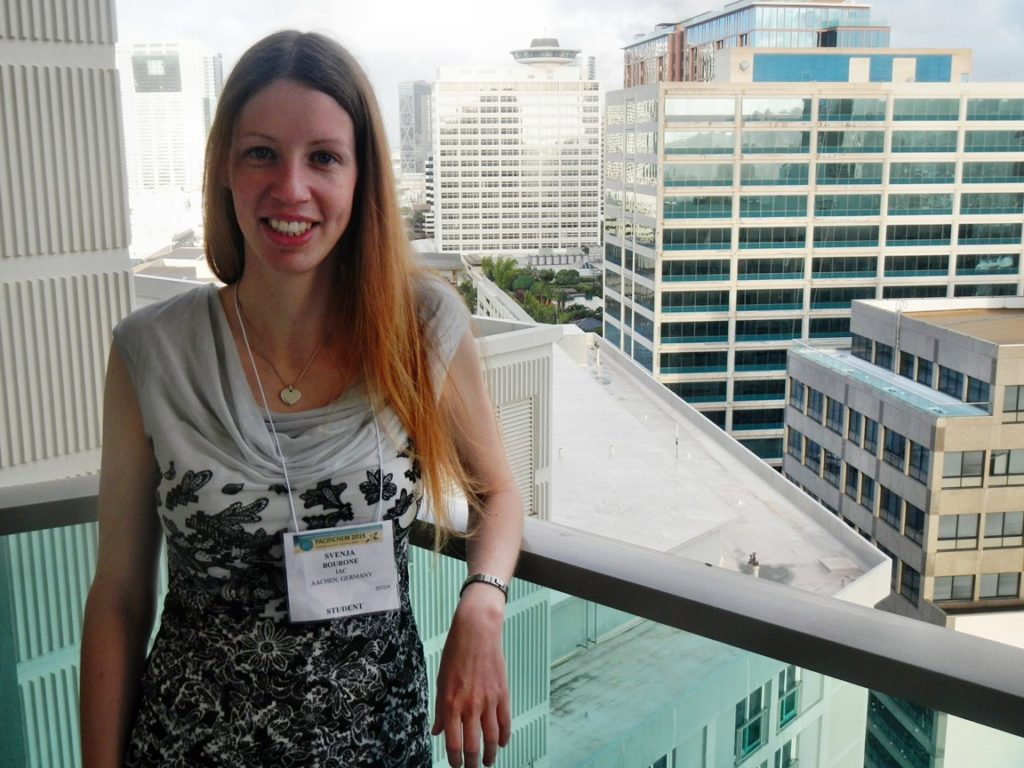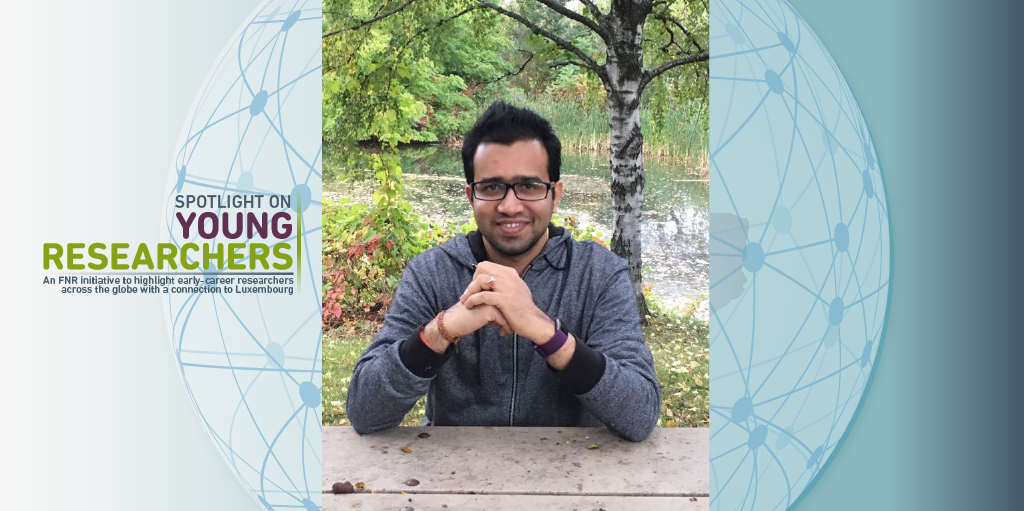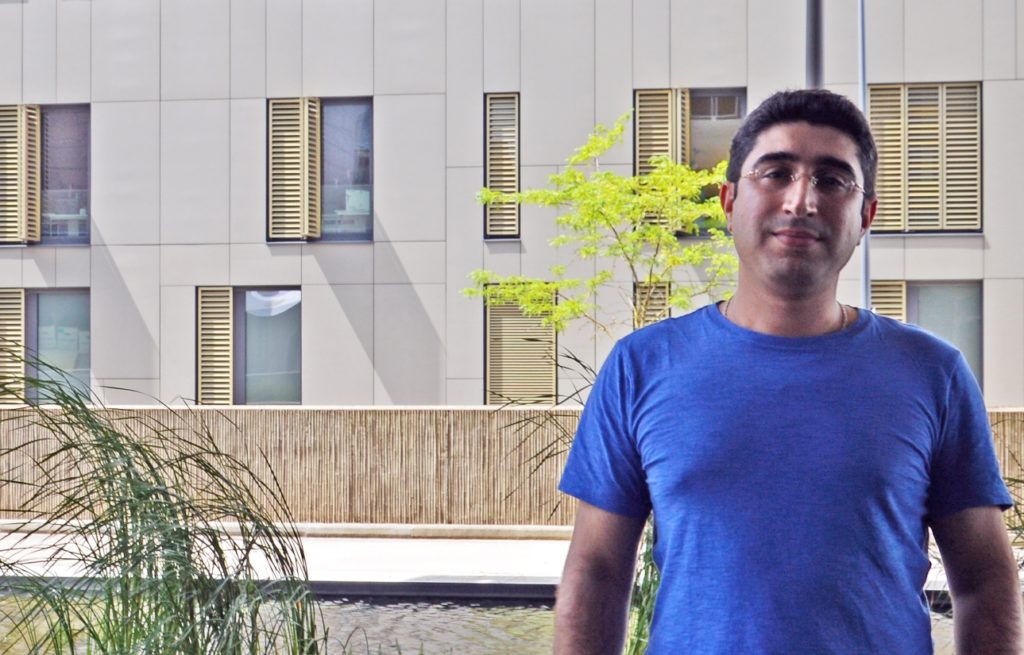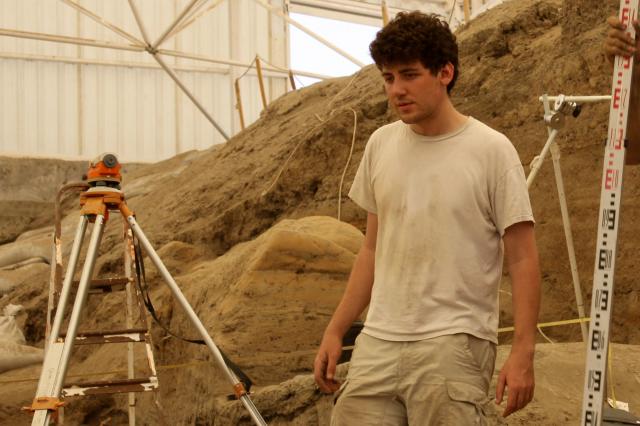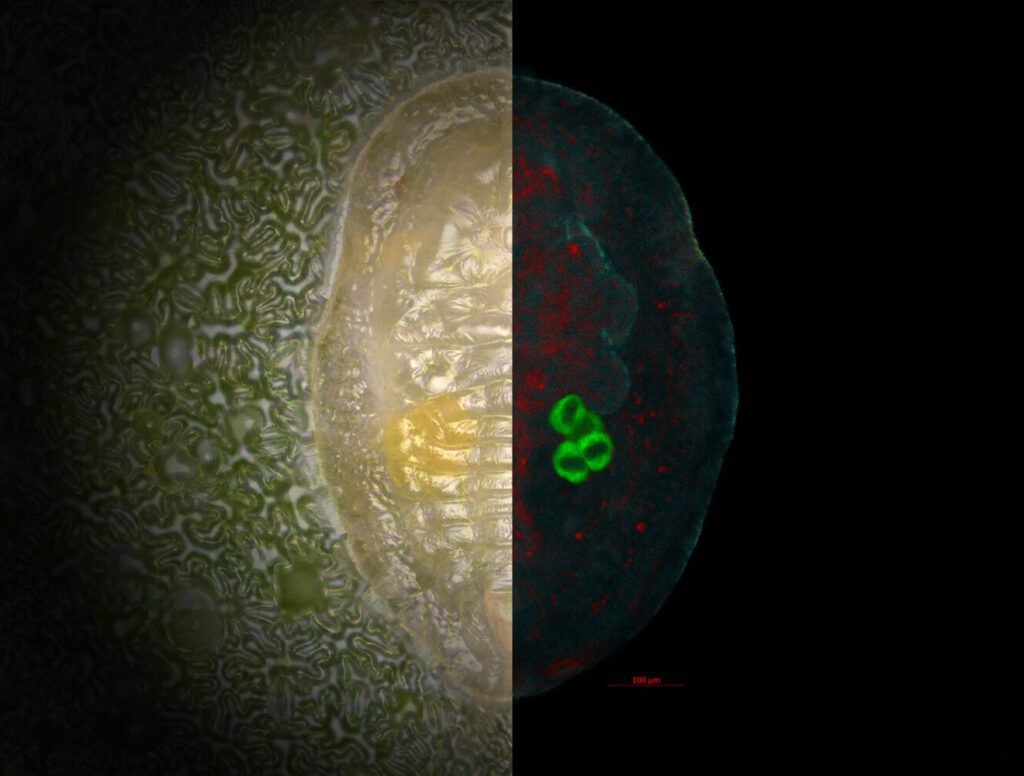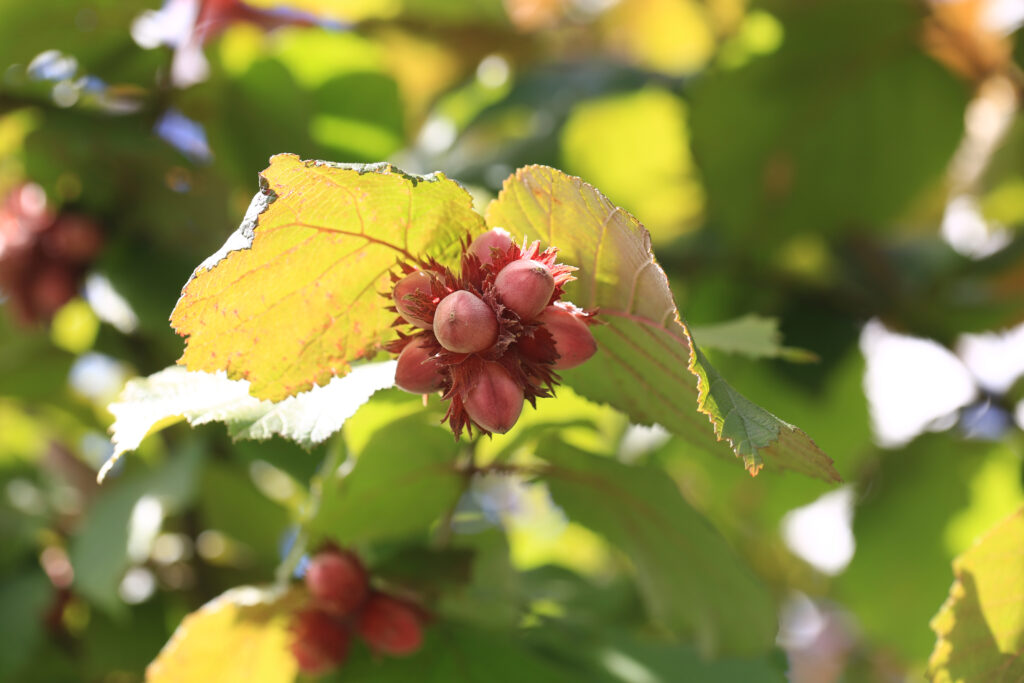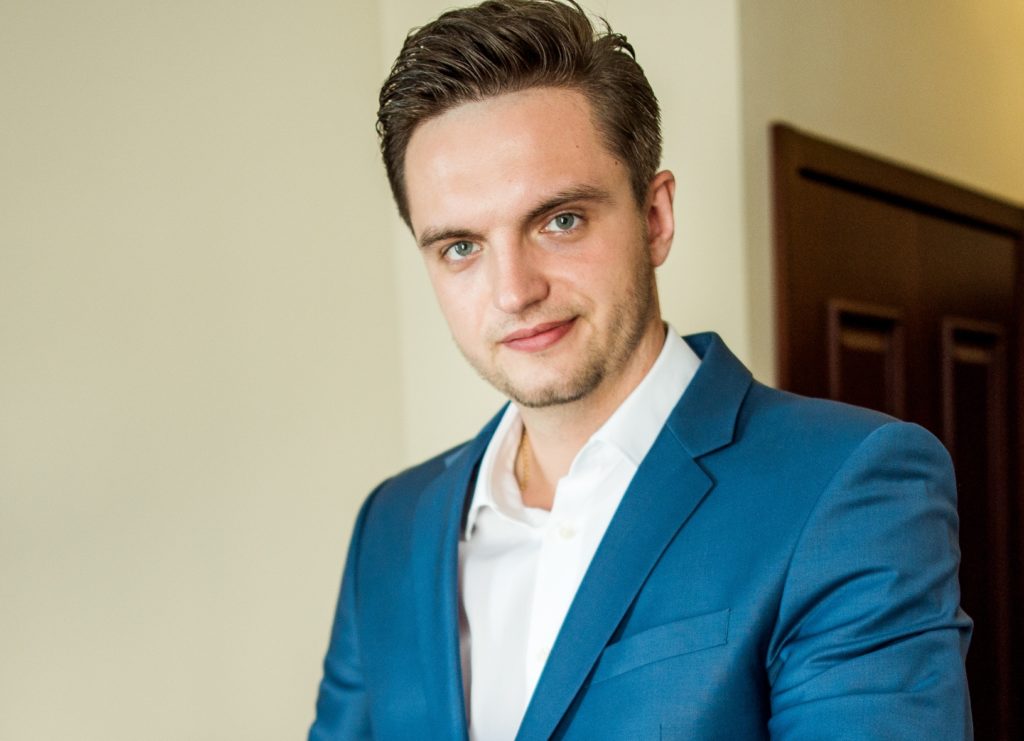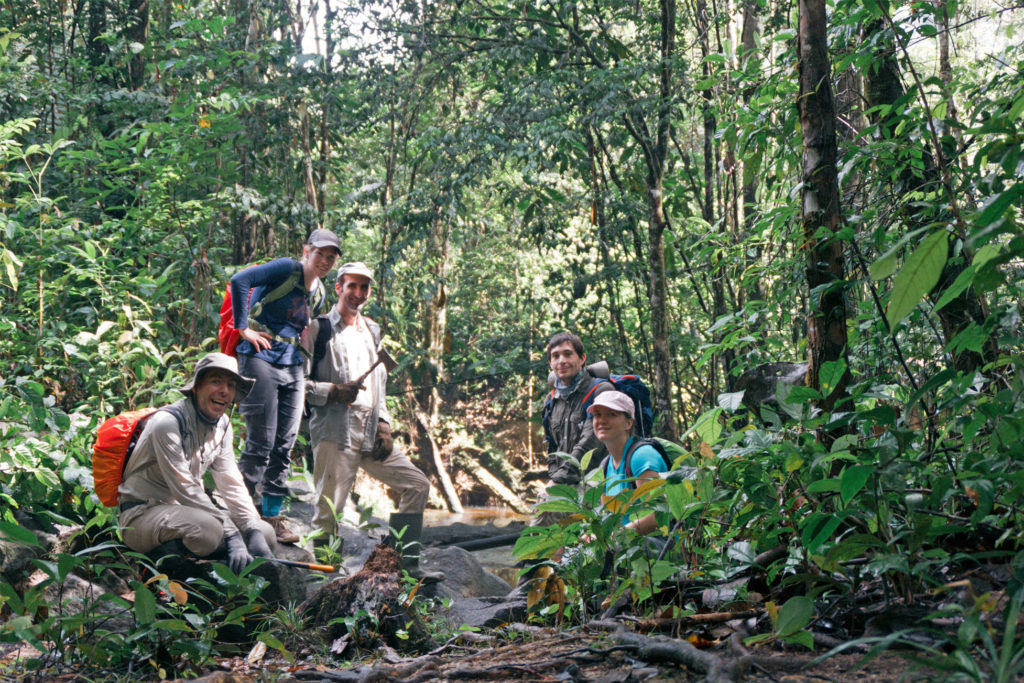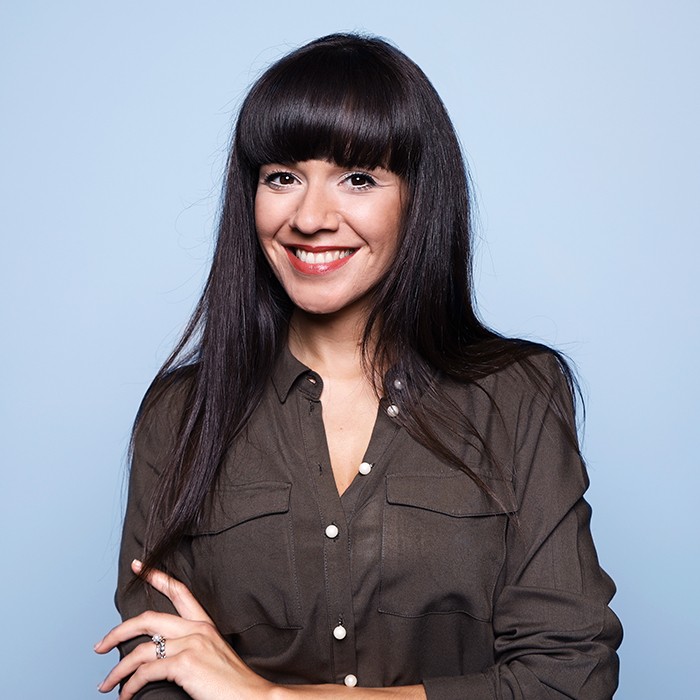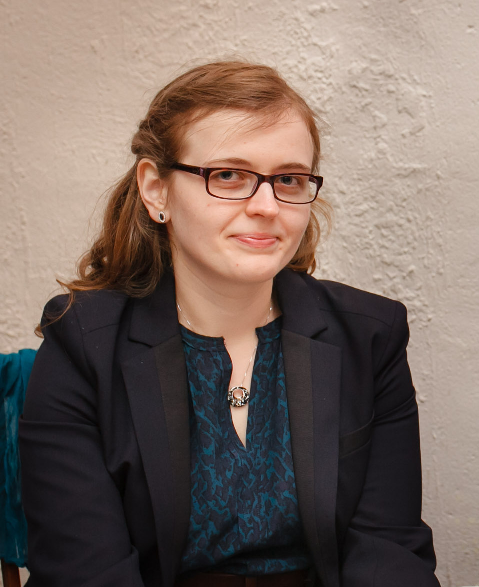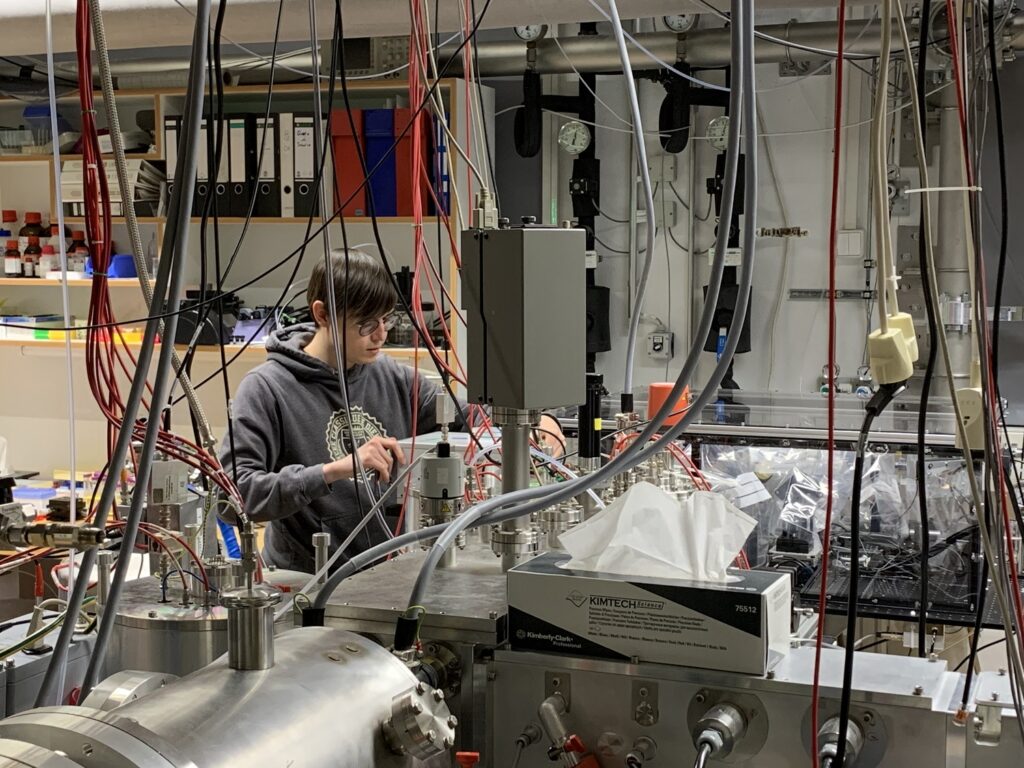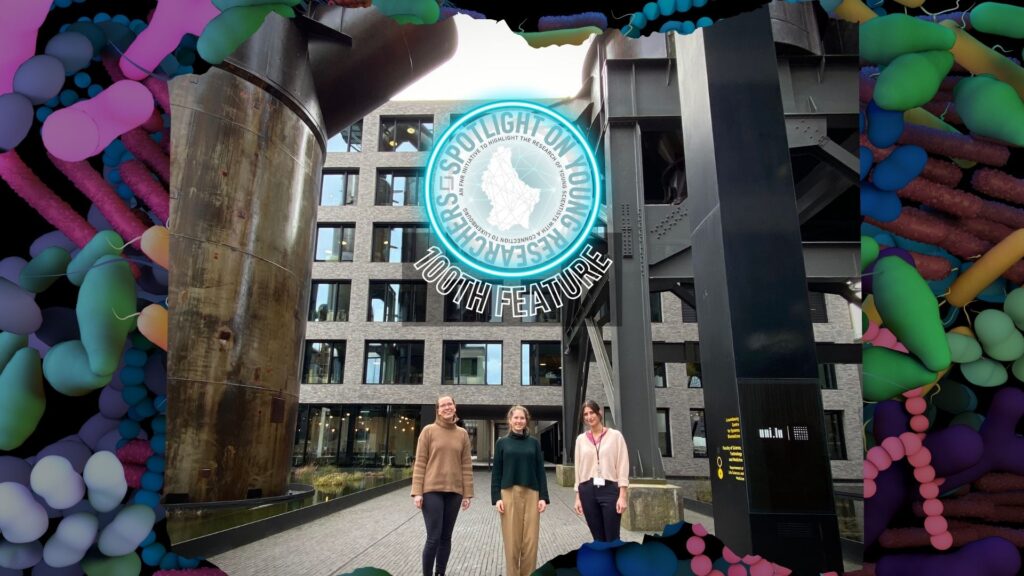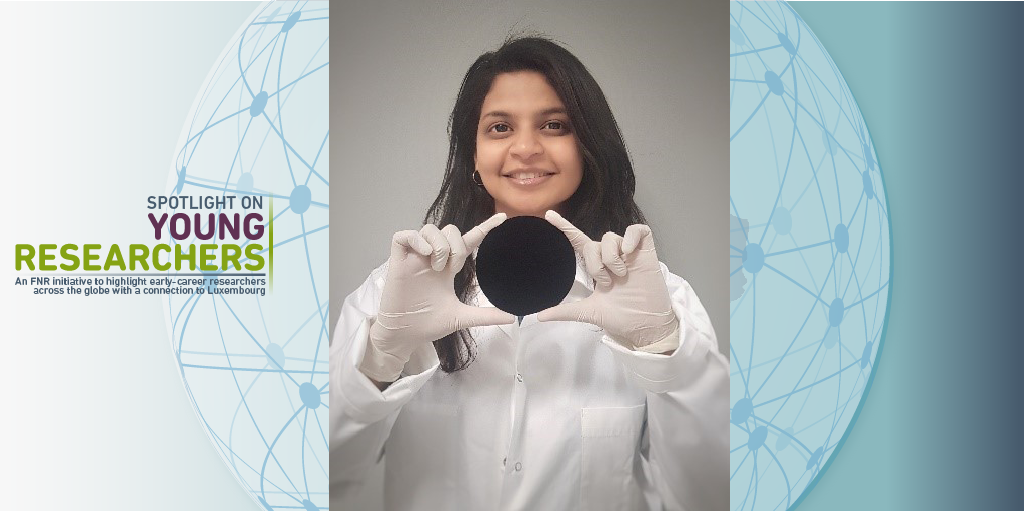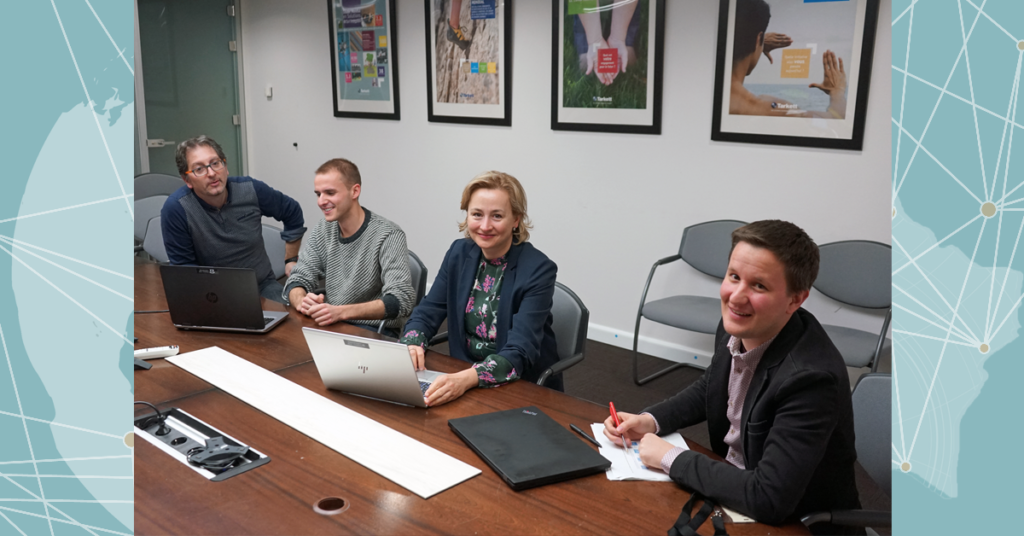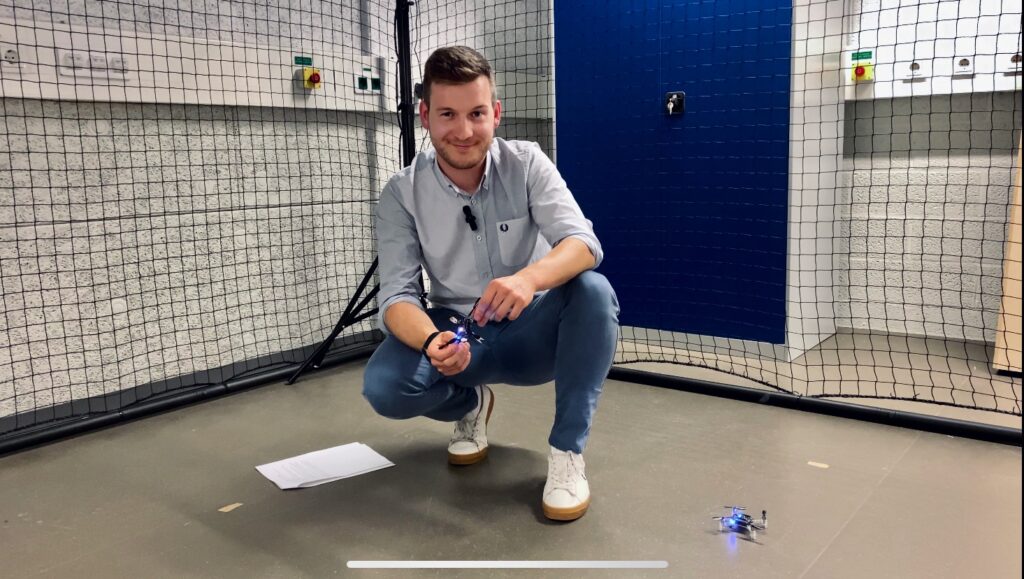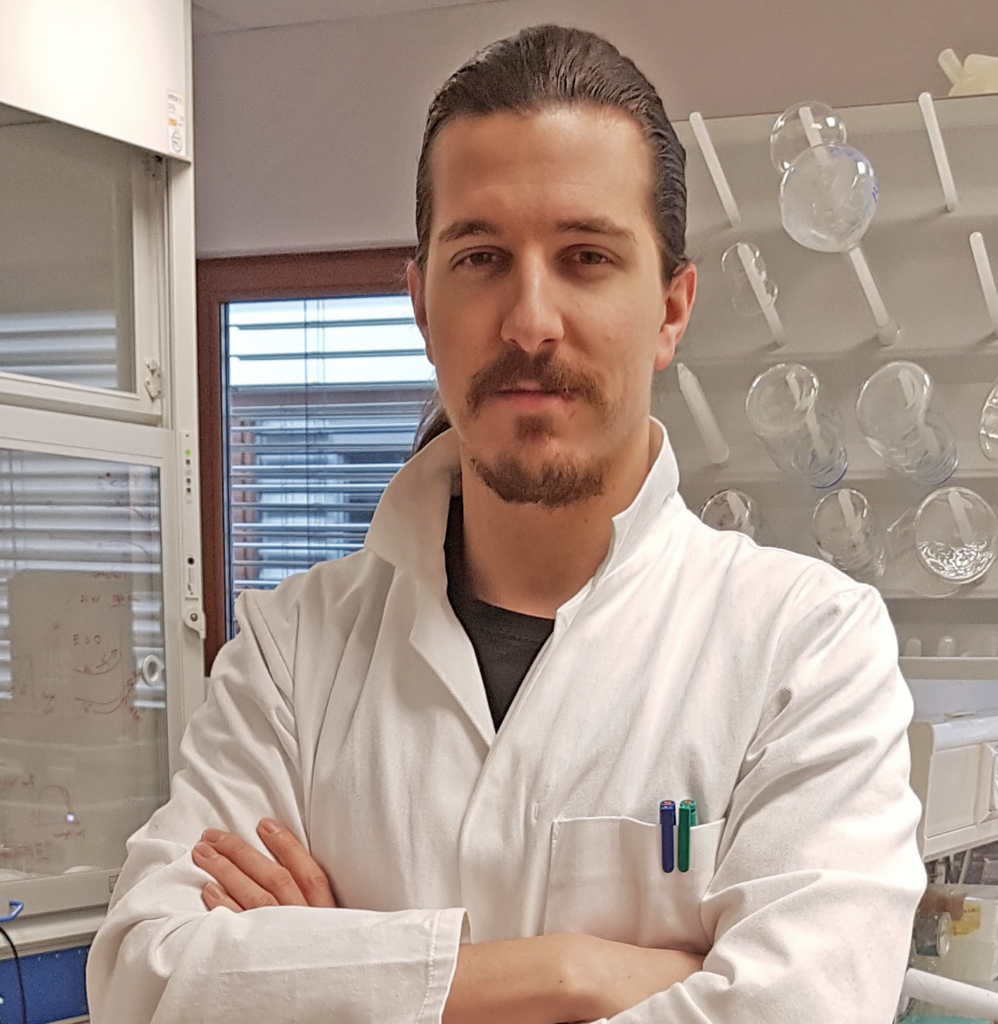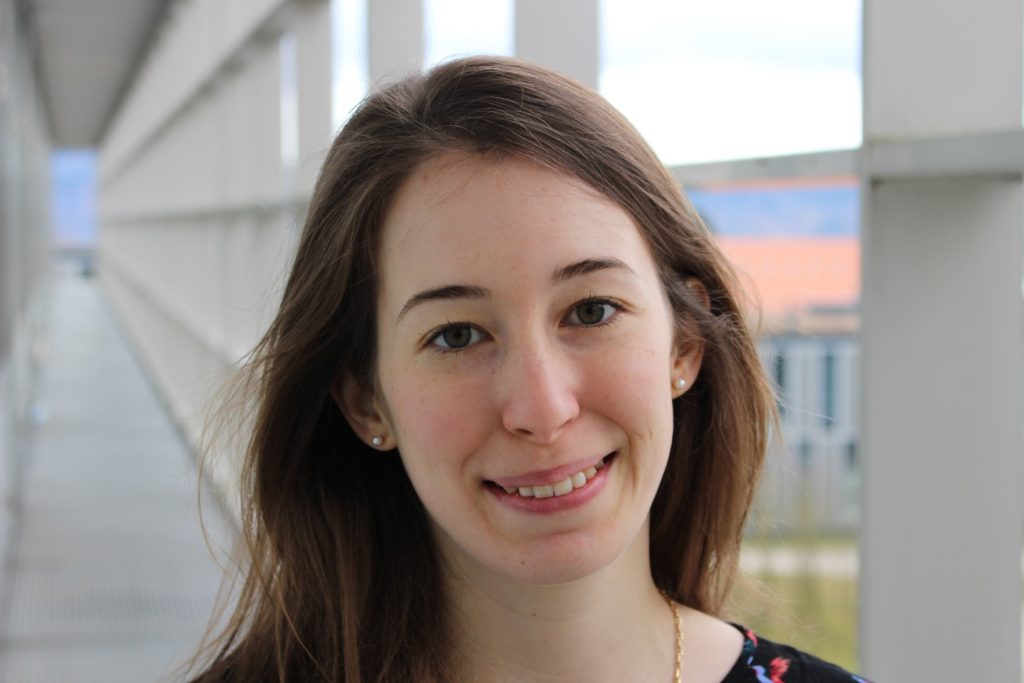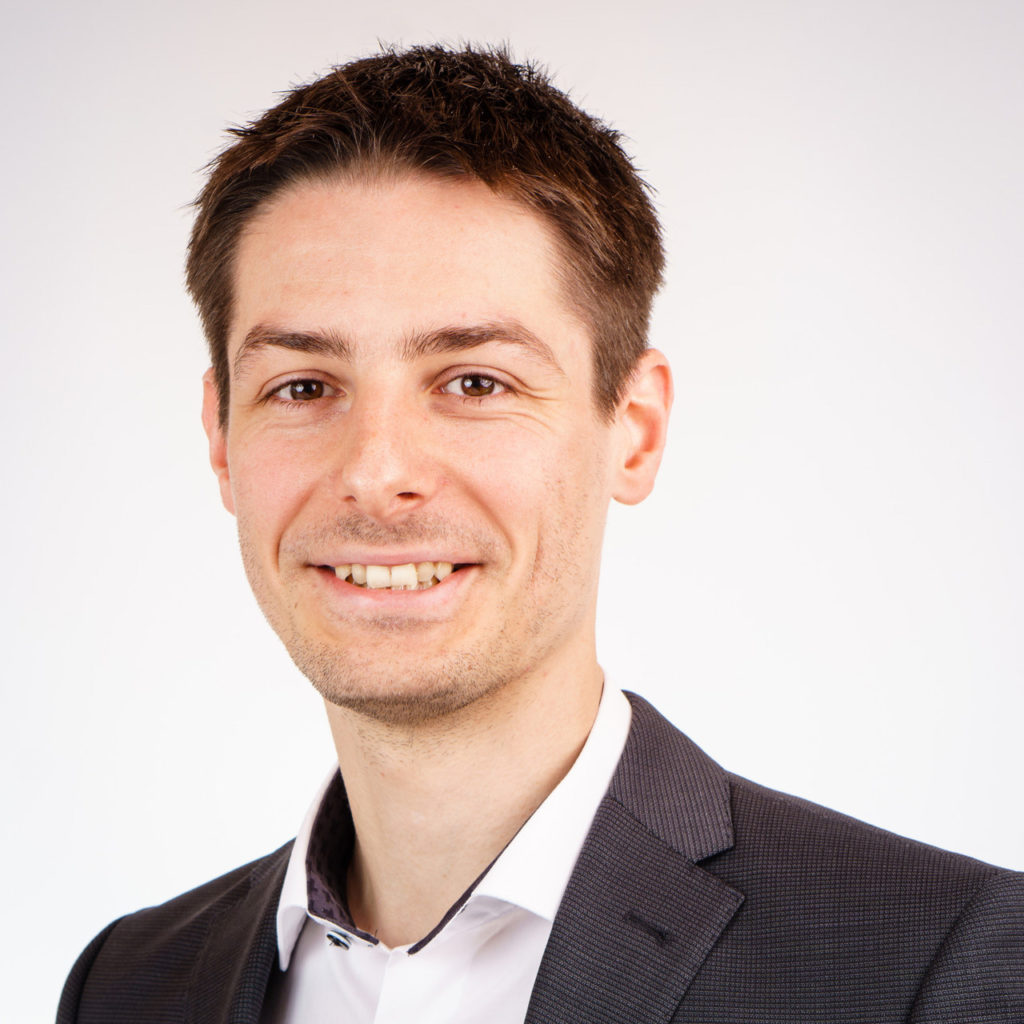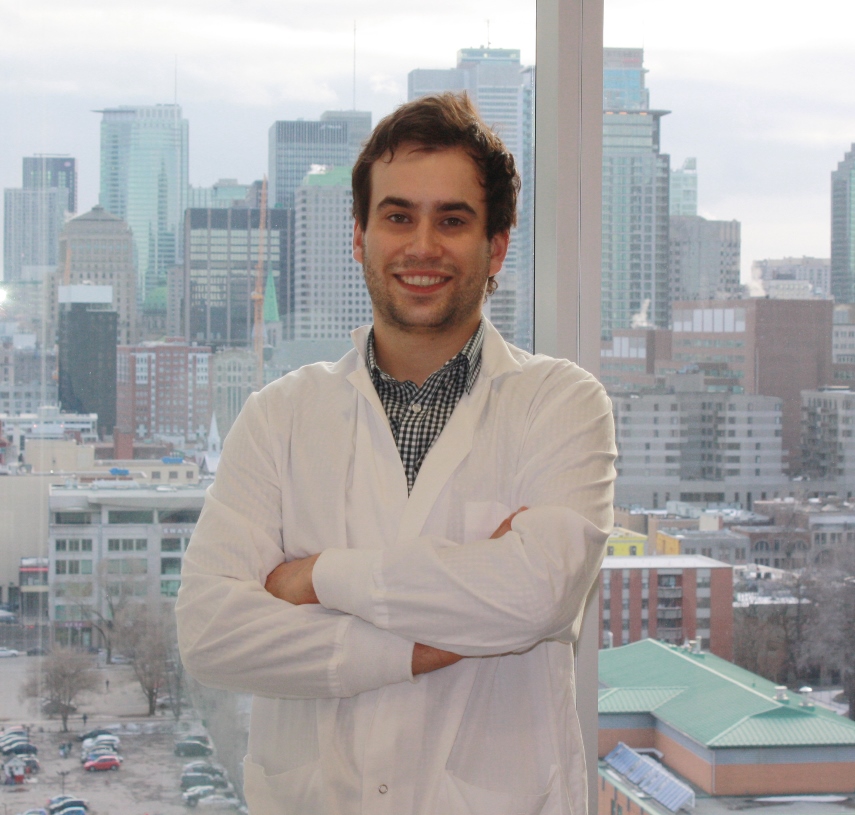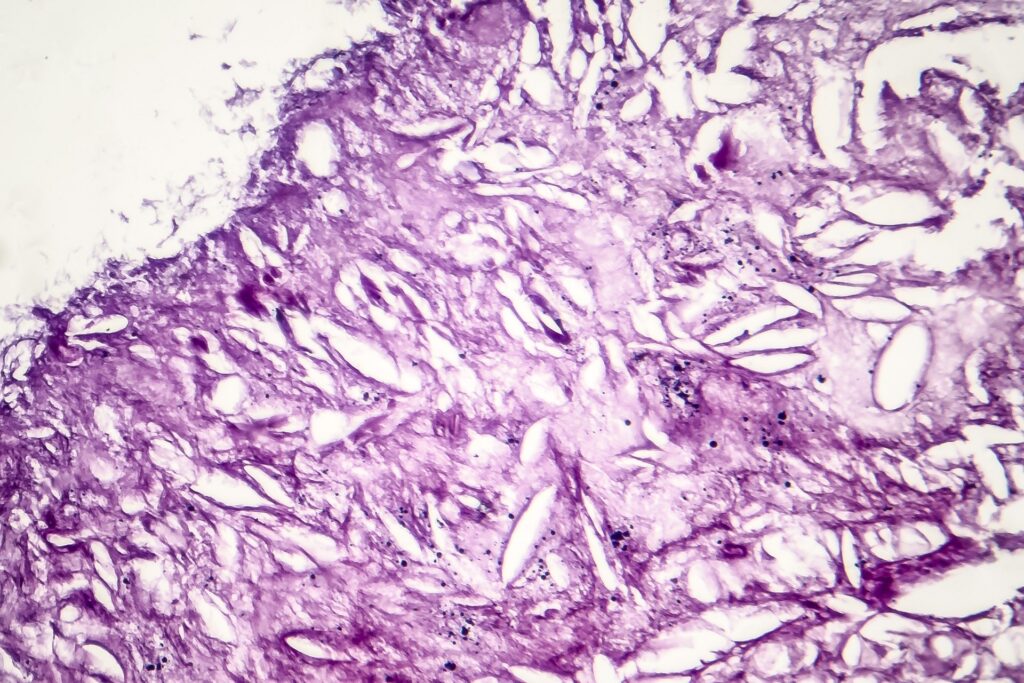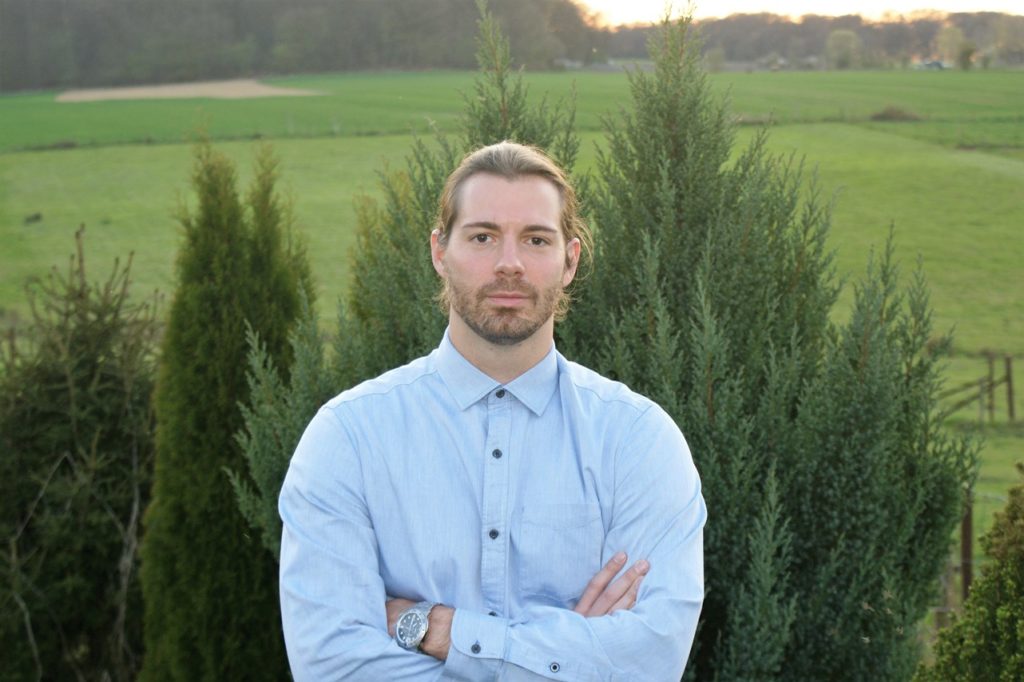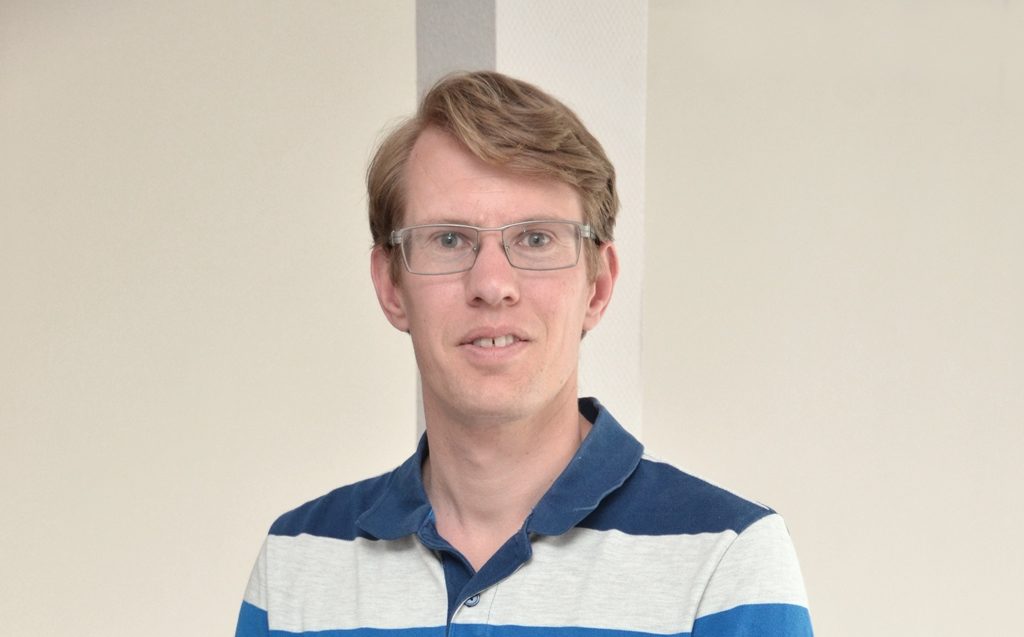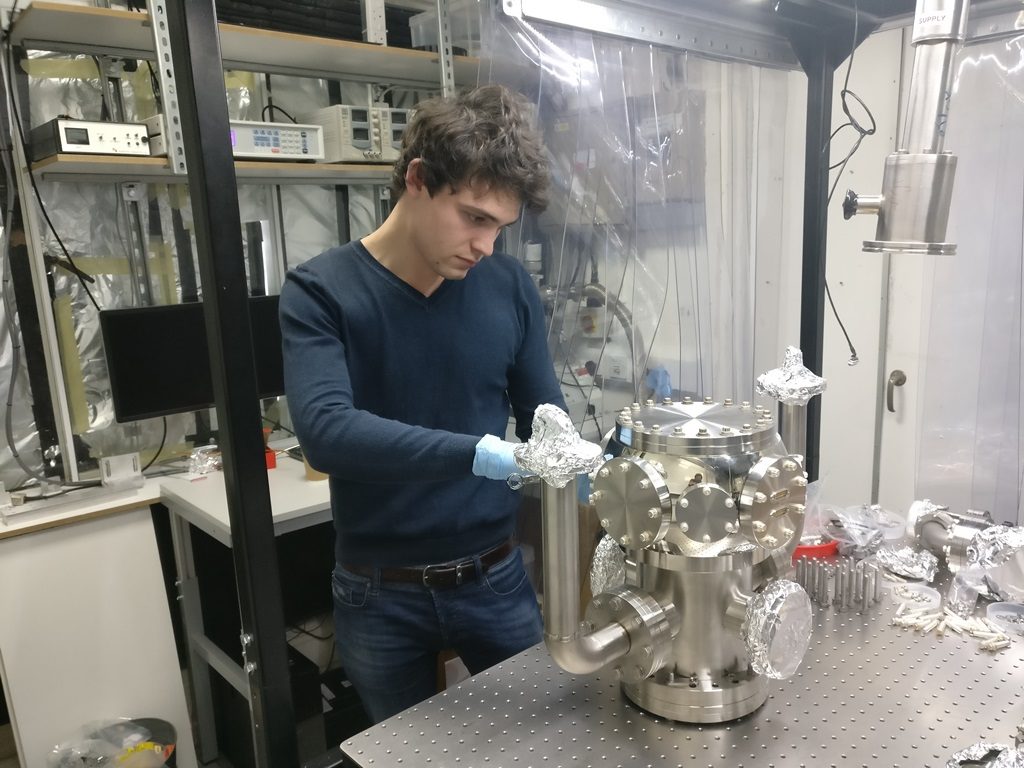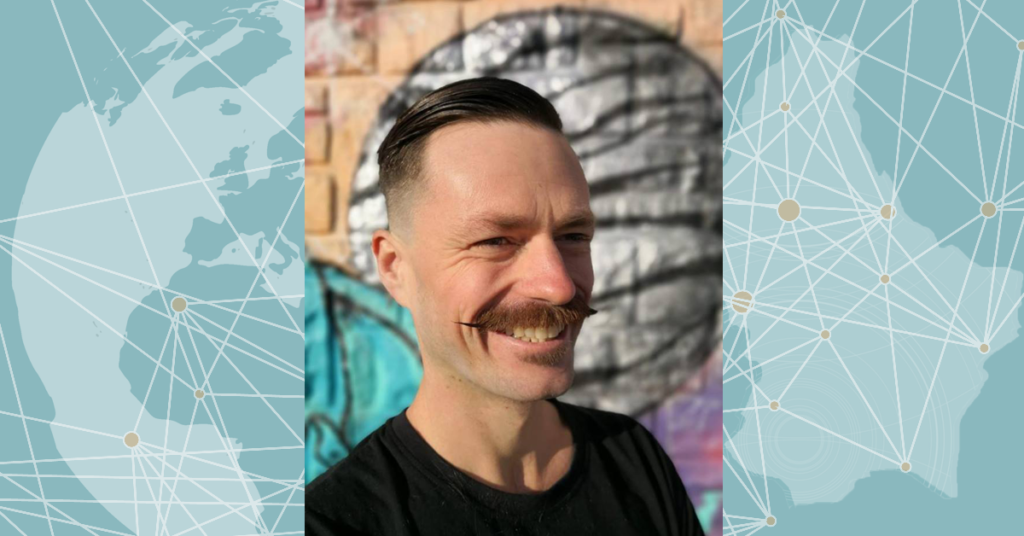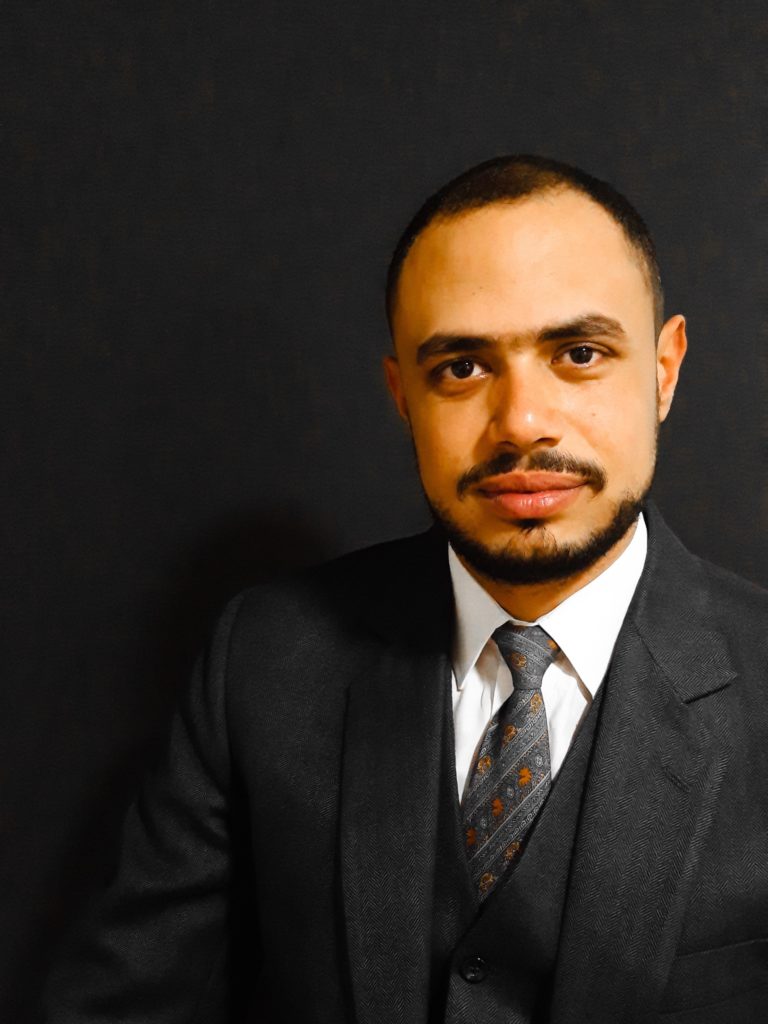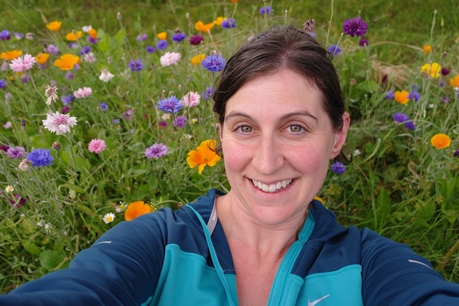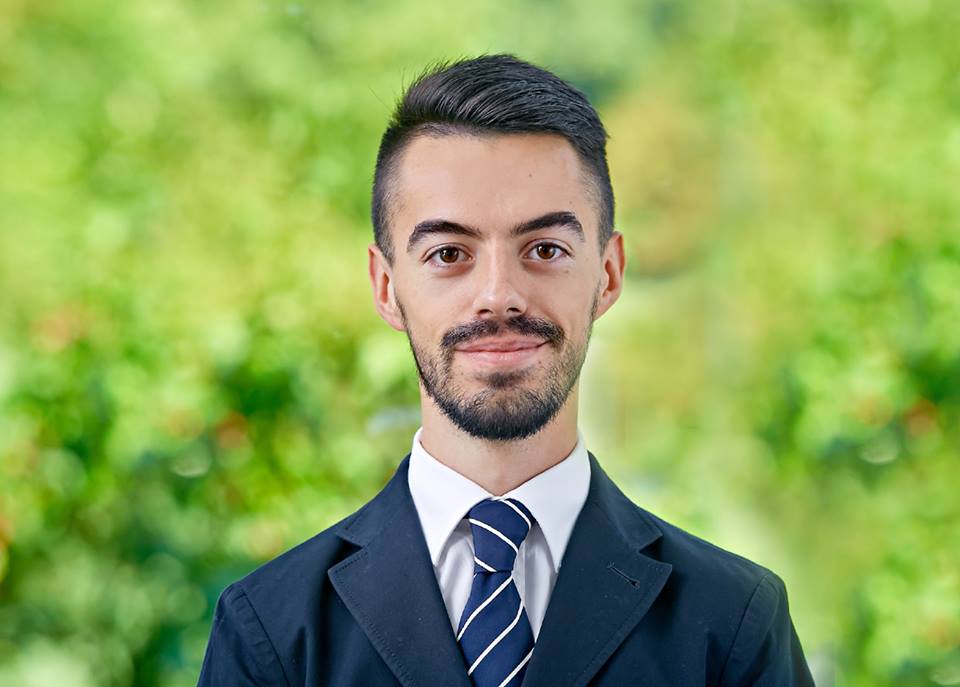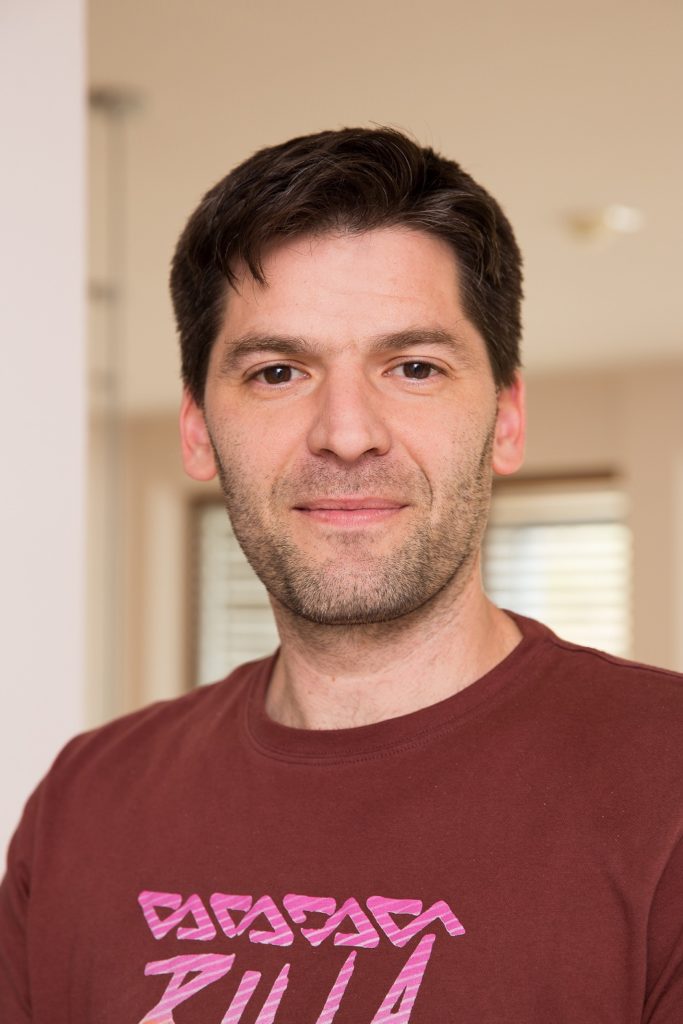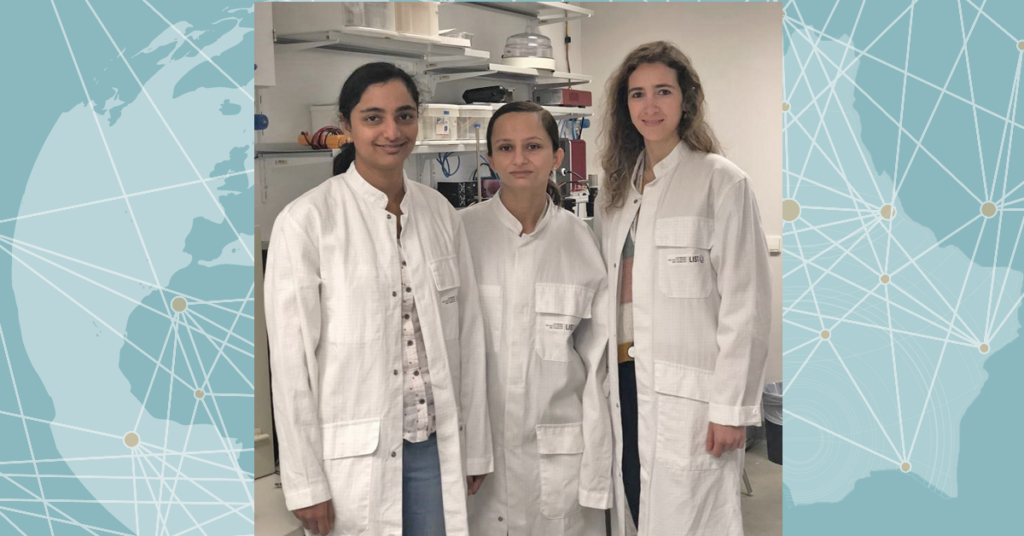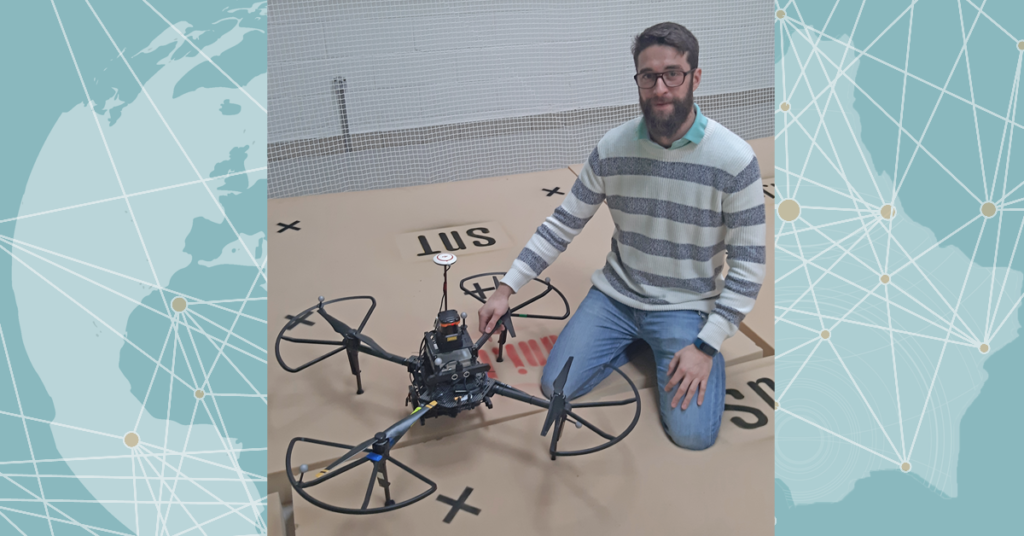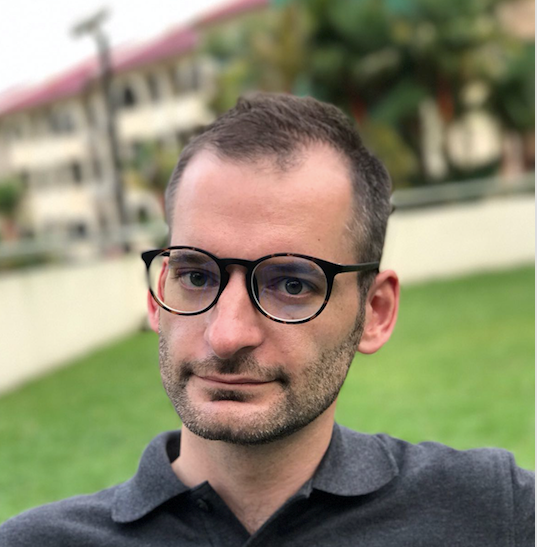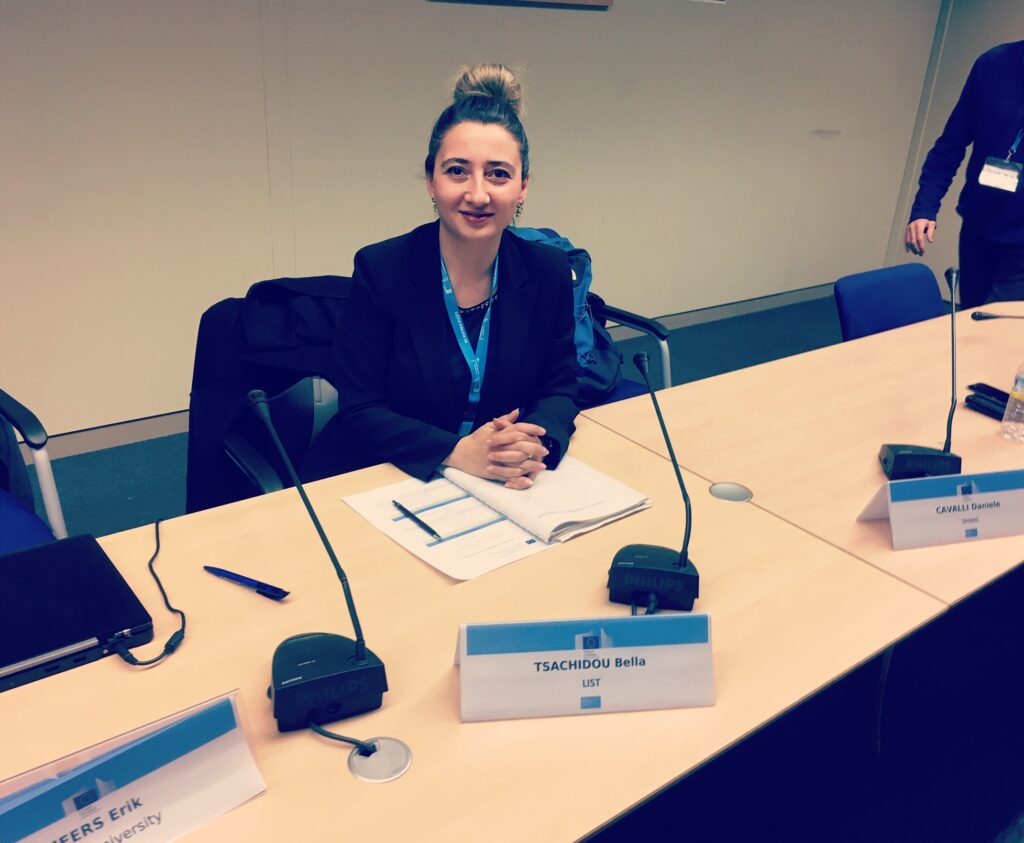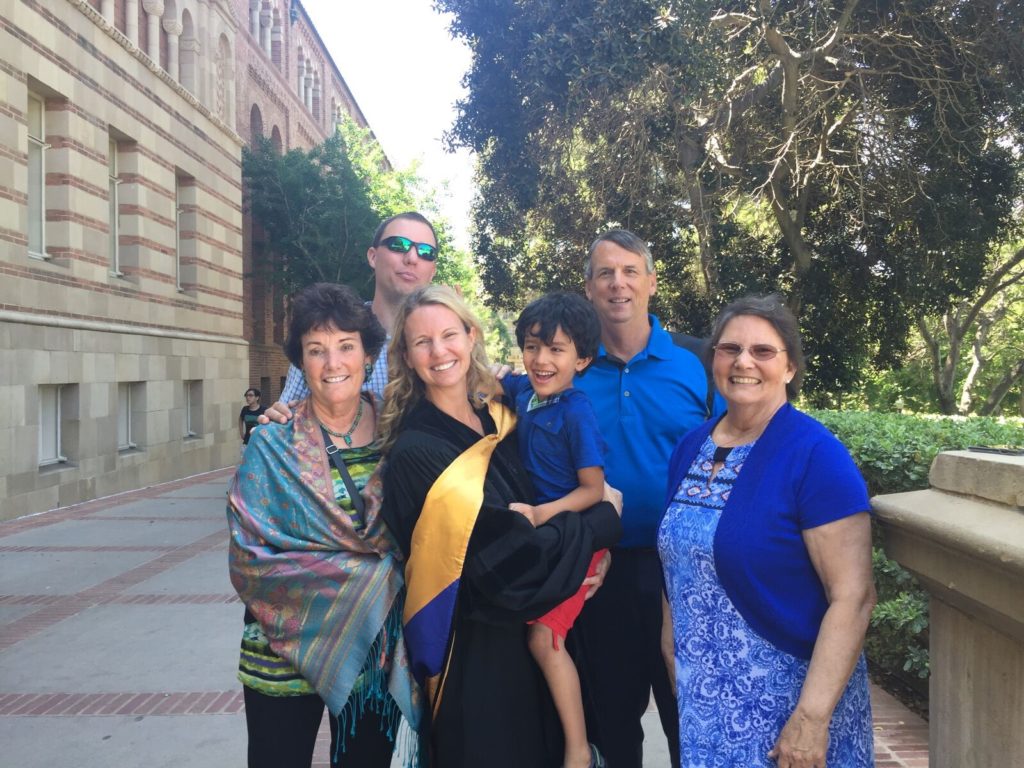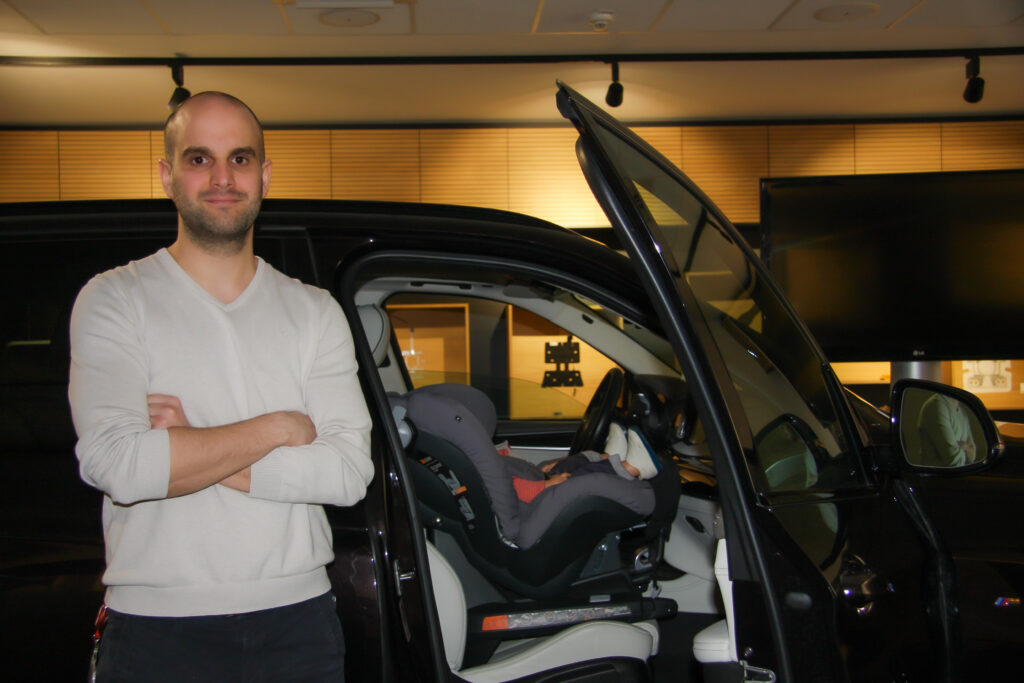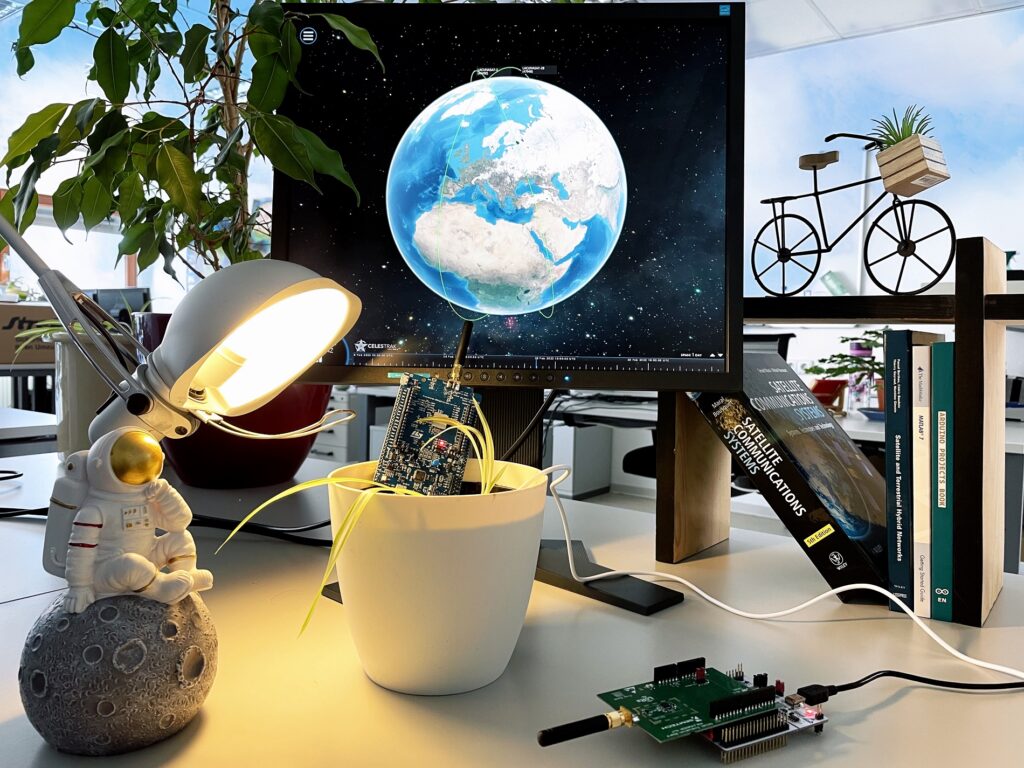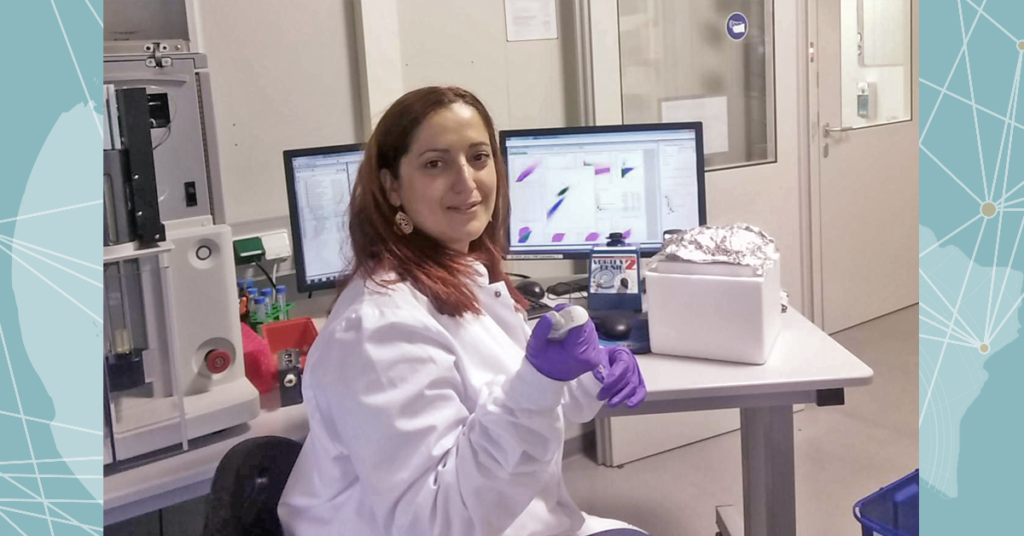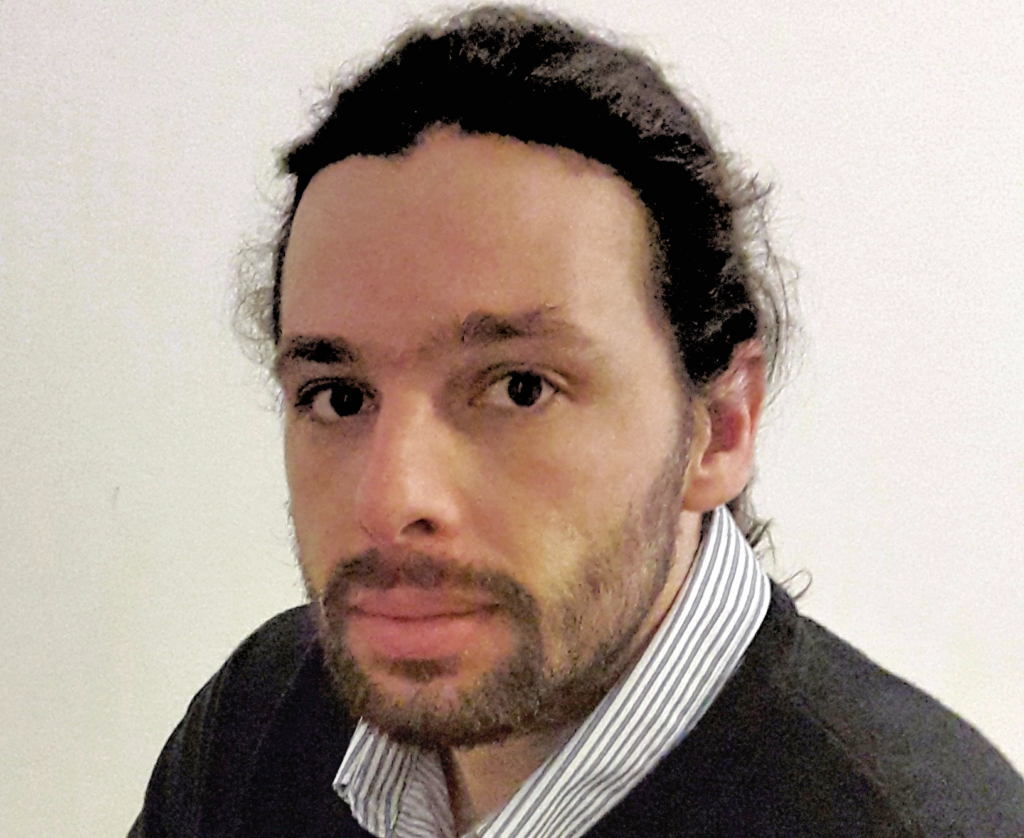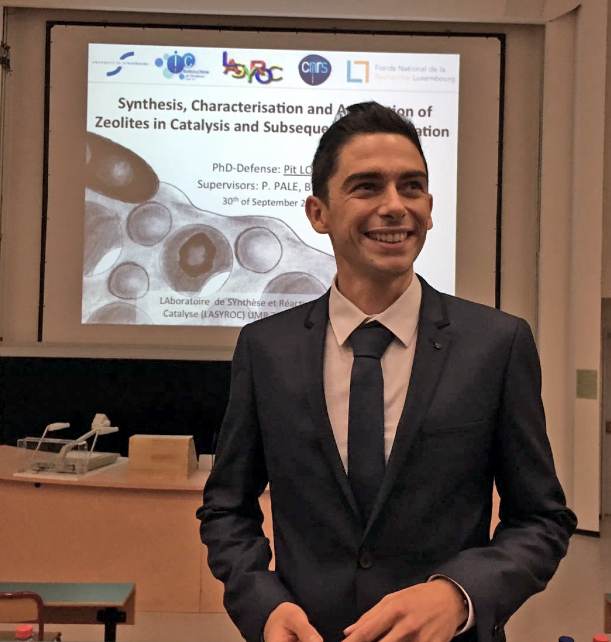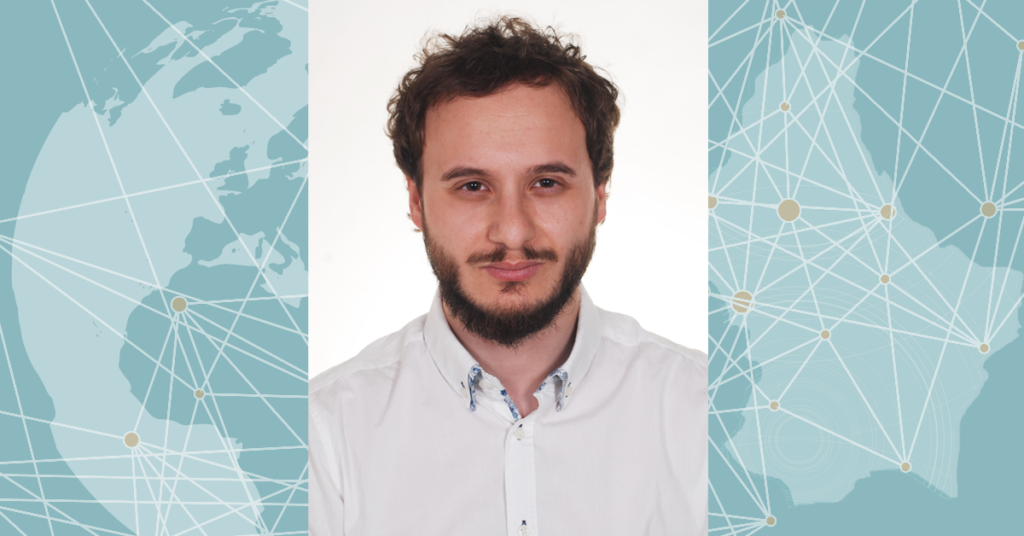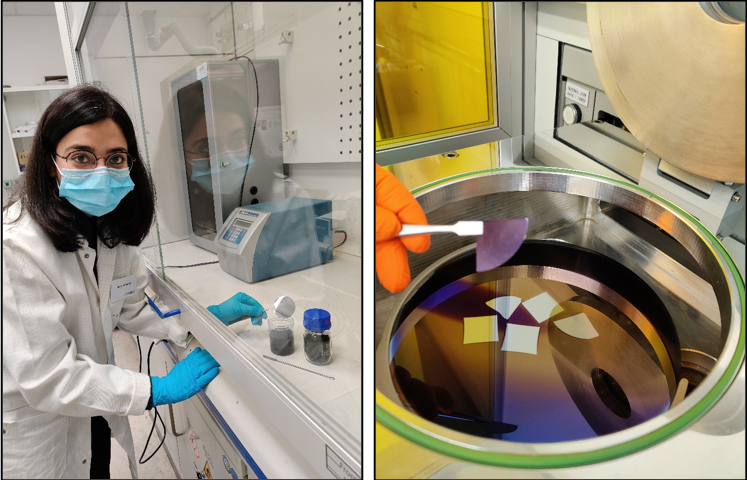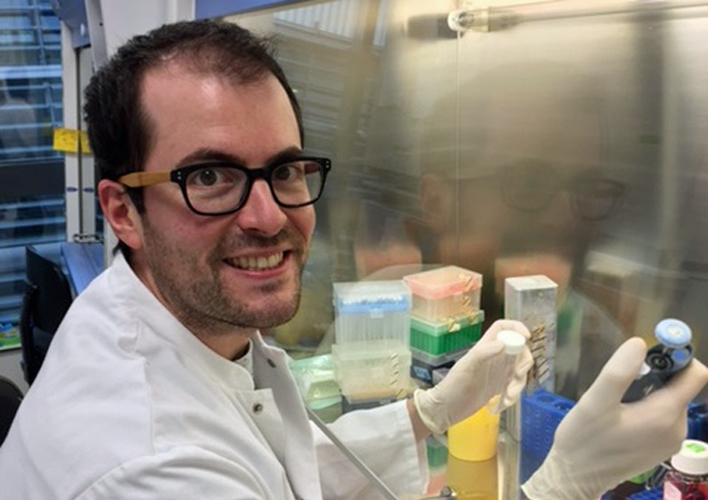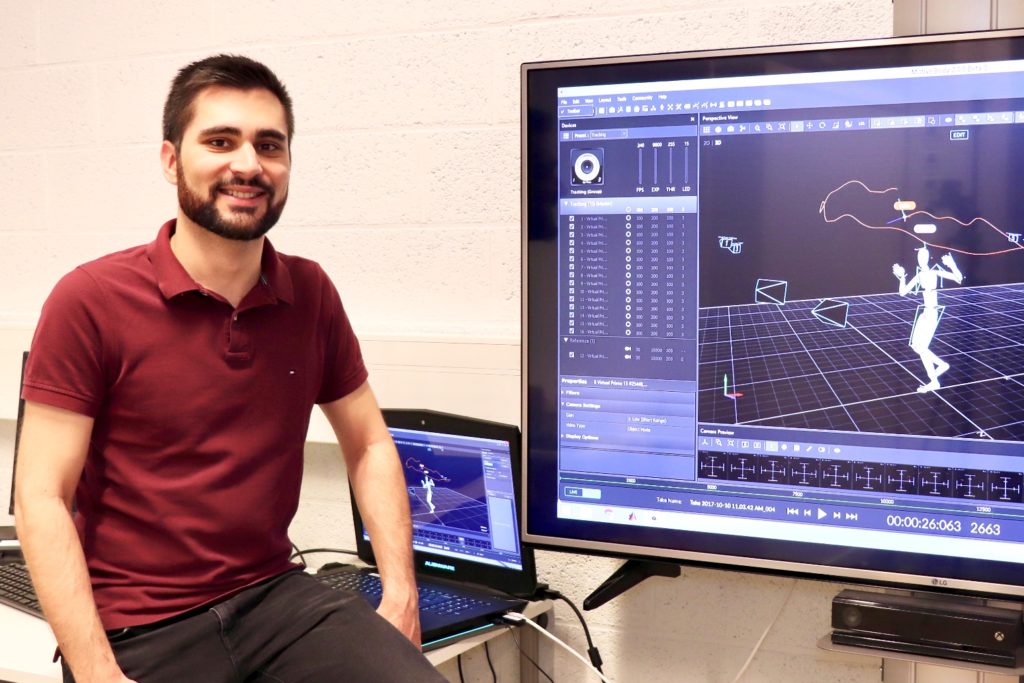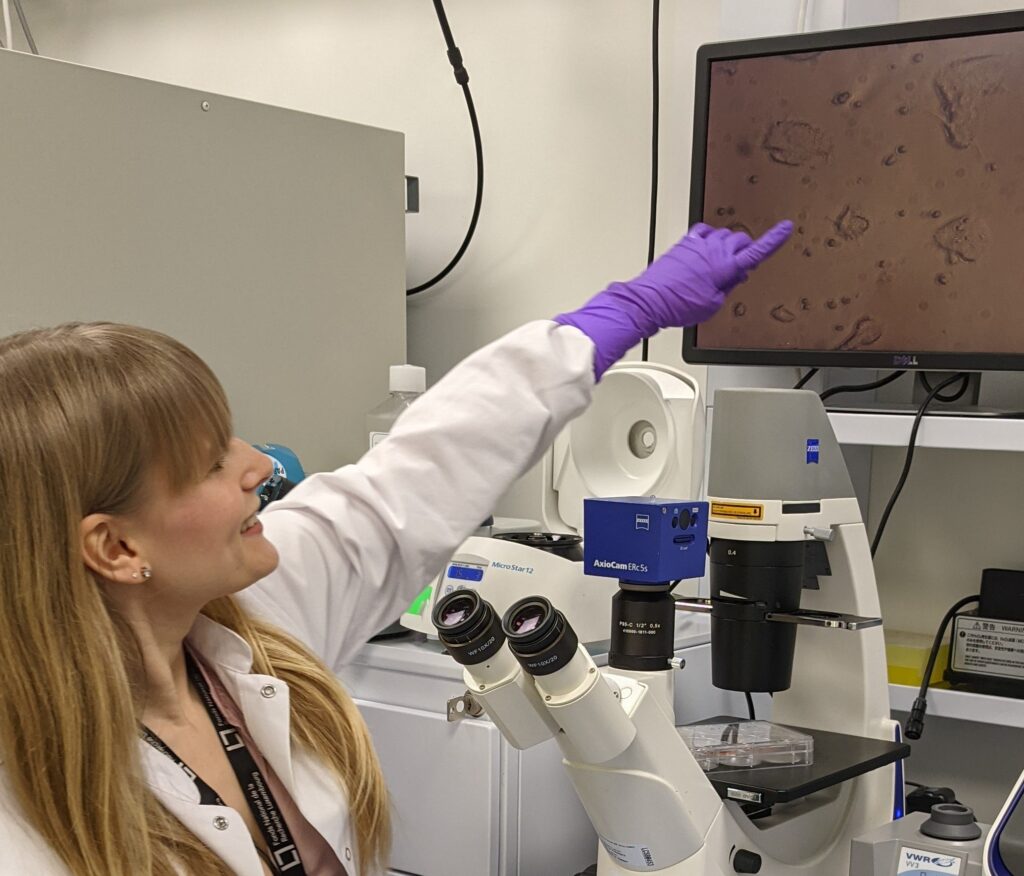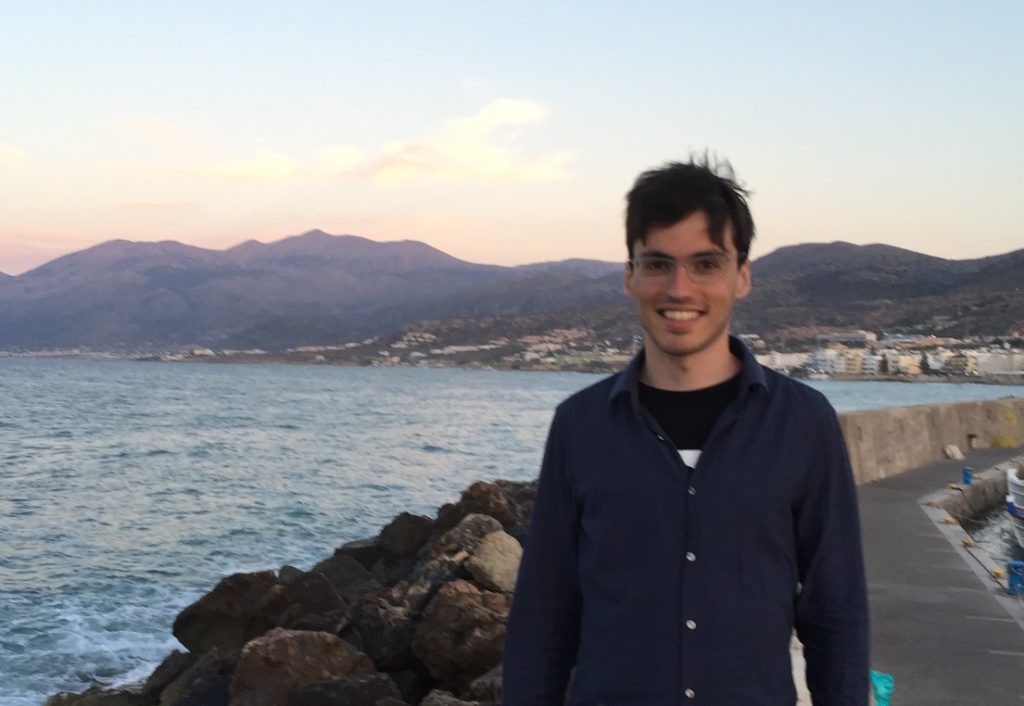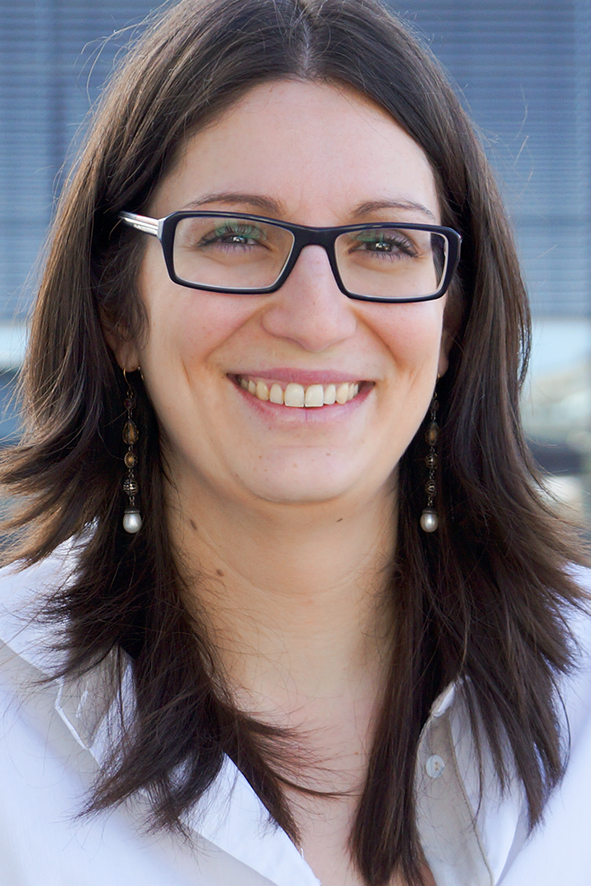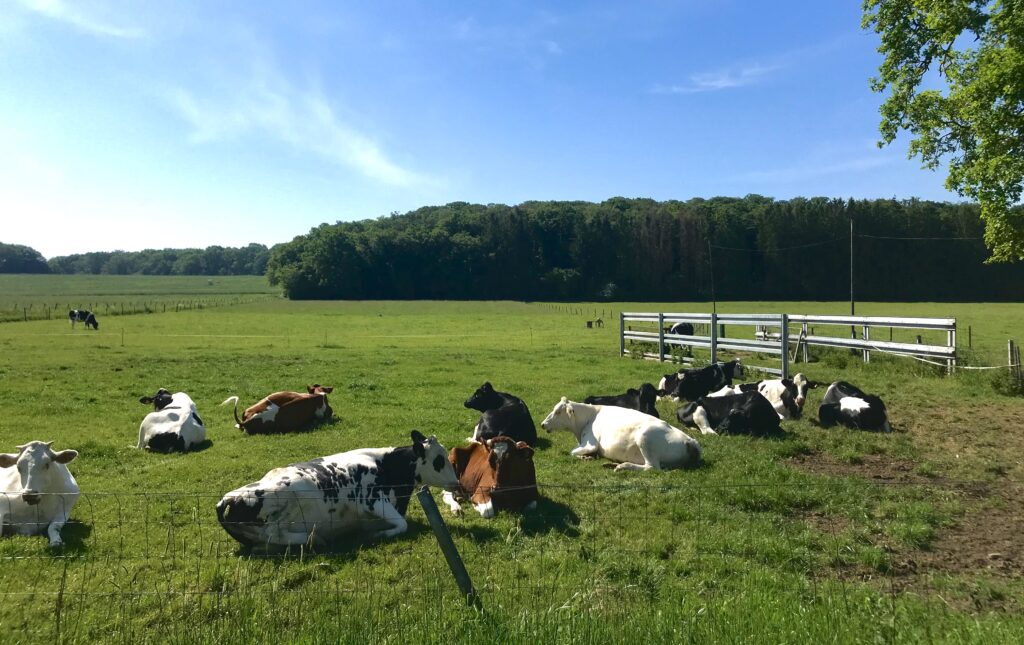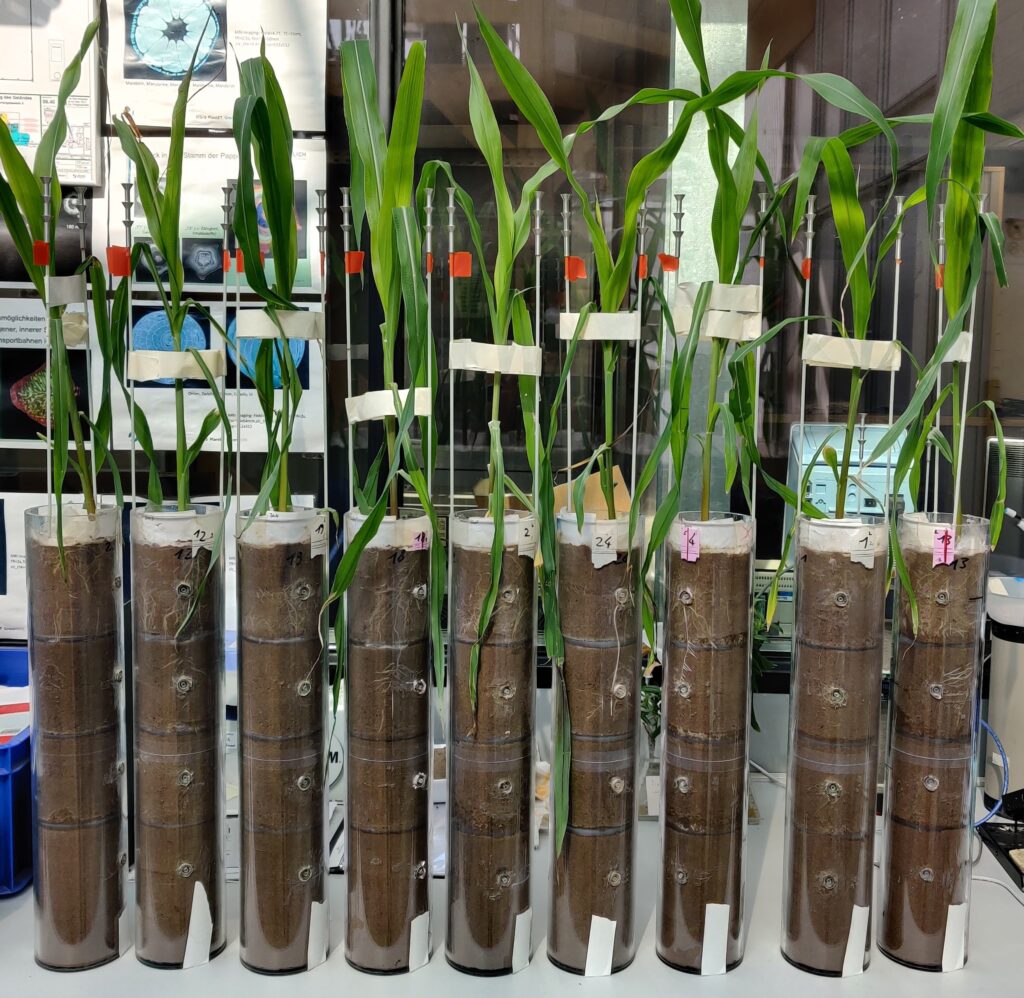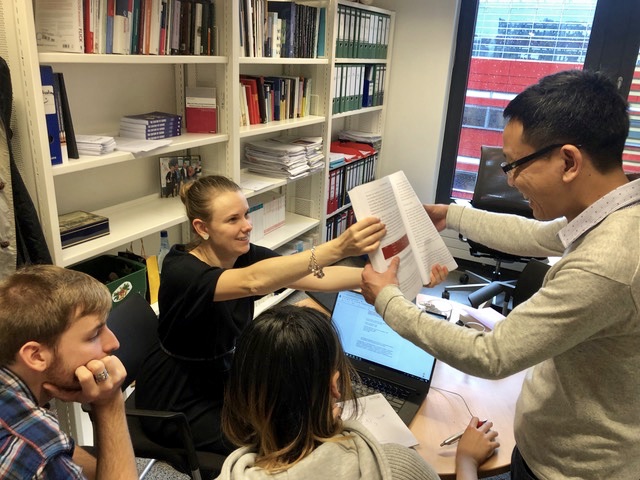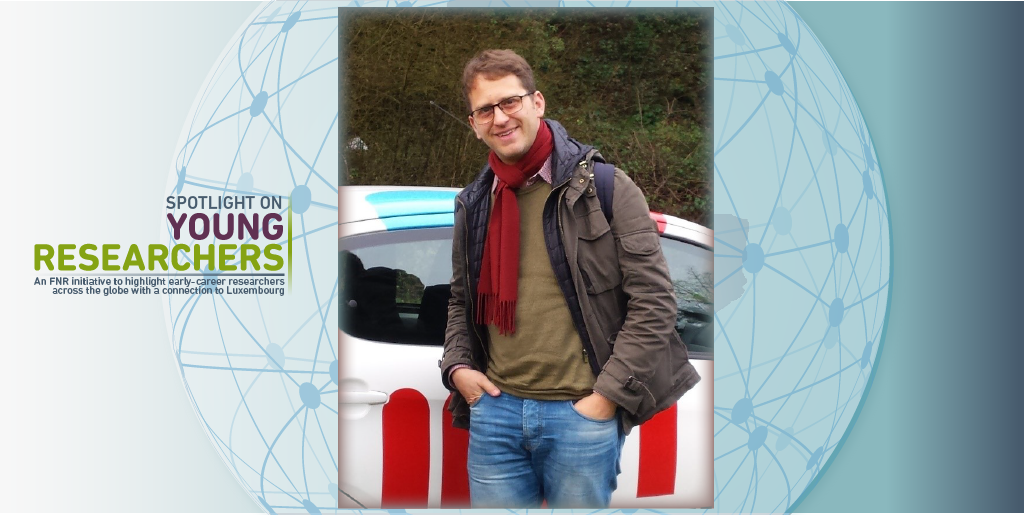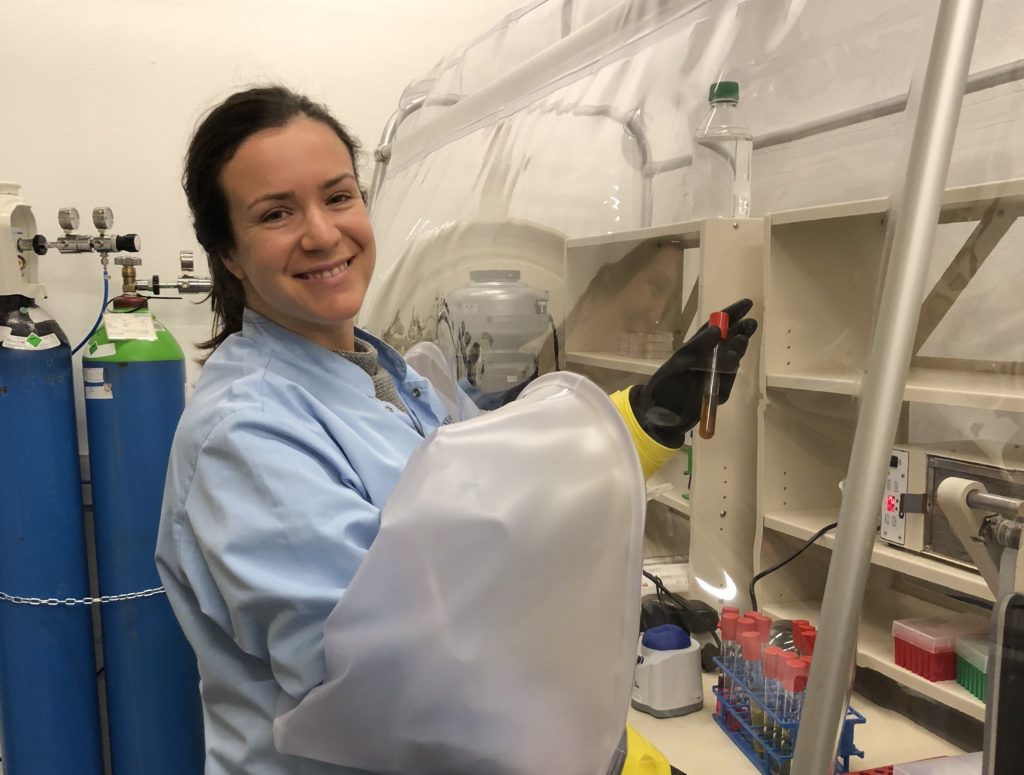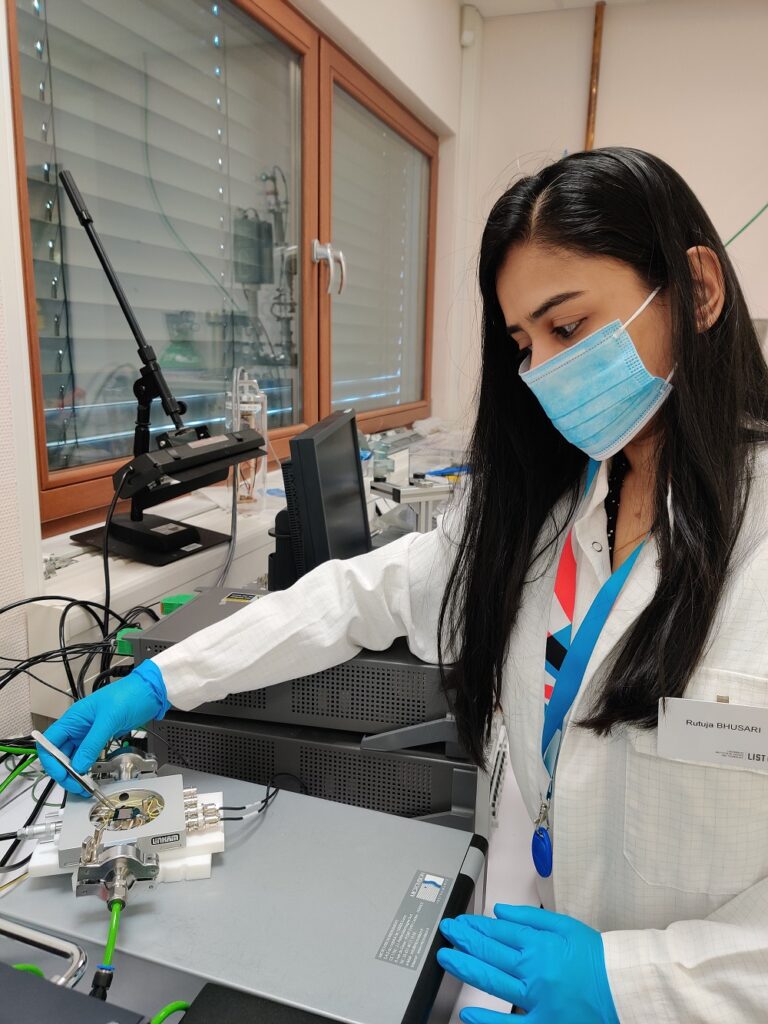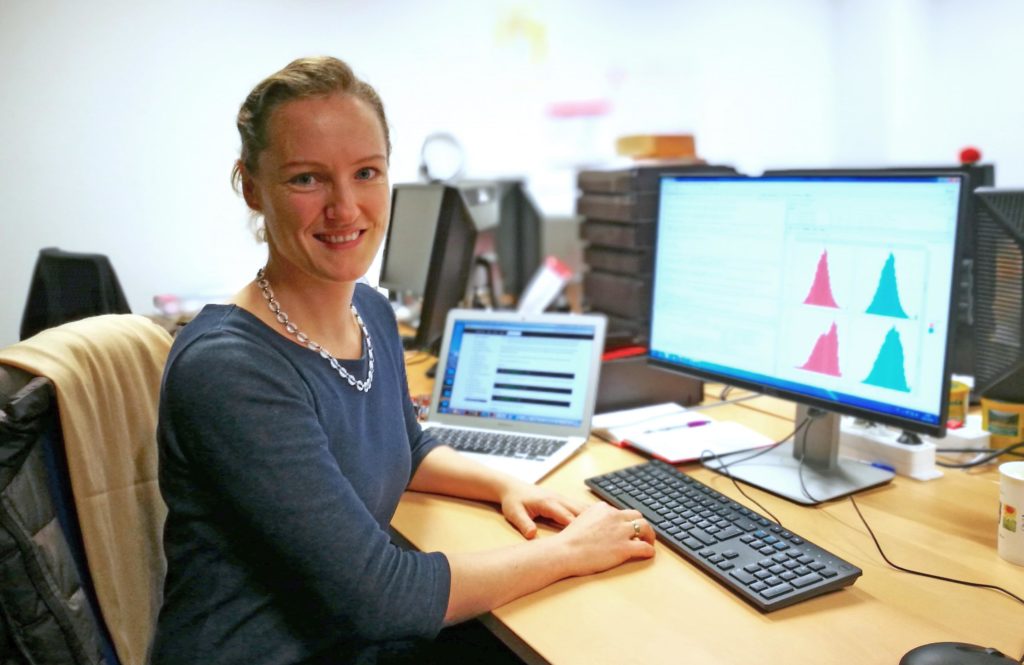
Postdoc Damien Brevers has a passion for studying self-control abilities in humans. Having spent time in Belgium and the US building expertise in areas including clinical psychology, sport psychology and brain imaging, the Belgian national has just joined the University of Luxembourg and embarked on a project looking at gambling addiction in the age of online betting.
“Tempting behaviours have never been as readily available, prevalent, easy to engage in, and difficult to resist as they are now,” says Damien Brevers, explaining that this can include interactions on social media, spending time on the Internet, playing videogames, and watching and betting on sports games.
Damien is a postdoc working in the fields Psychology and Neuroscience. His research focuses on how rewarding activities and habits are involved in the development and maintenance of psychopathological states (for example addiction), peak performance (for example elite sport), as well as optimal habits, such as pro-environmental behaviour. His current project focuses on sports betting, Damien elaborates:
“The project capitalises on neuroimaging techniques in order to identify key affective and cognitive control processes that are triggered when individuals are exposed to cues that signal the availability of a reward, such as an opportunity to gamble. Our work especially aims to foster the progress towards efficient treatment and prevention of gambling disorder.”
His project is a CORE Junior project under the supervision of Prof Joël Billieux at the University of Luxembourg’s Laboratory for the Study of Addictive and Compulsive Behaviors (ACB-Lab) in the Institute for Health and Behaviour.
Gambling disorder – the first behavioural addiction
Before joining the University of Luxembourg, Damien worked on a range of projects looking at neurocognitive processes – he has already been able to see his research have impact, for example showing that gambling disorders shares similar neurocognitive patterns as those commonly observed in substance abuse:
“Accordingly, gambling disorder is now classified as the first behavioural (i.e., non-chemical) addiction, offering a valid model for studying the neurophysiological mechanisms underlying addictive behaviours without the confounding effect of drugs on the central nervous system.”
Damien’s efforts in translational work on proactive and reactive response inhibition is recognised by the research community, and has earned him with several awards at scientific conferences, as well as significant coverage in the media.
The science of self-control
Damien’s project, ‘Understanding the neurobiology of gambling addiction in the age of online betting’ is highly topical, as is his research domain – nearly every person has the internet at their fingertips thanks to smartphones and 4G:

“My field of research is crucial for determining how self-control processes unfold when exposed to repeated and continuous access to hedonic[i] content – ‘get’, ‘like’, ‘bet’, ‘match’, ‘rsvp’, ‘going’, ‘interested’. This dynamic also encompasses the implementation of healthy and advantageous habits, including pro environmental behaviors (e.g., zero waste habits).
“Indeed, self-control could be biased by humans’ contemporary access to temptation, that is, patterns that strictly value the ‘here and now’ and disregard or marginalize future consequences.
“As such, I strongly believe that the science of self-control should not only advance our knowledge on humans daily-life adaptation to the new offer of ready-to-consume rewards, but should also help to create collaborative research programs for building efficient intervention and prevention strategies on transdisciplinary topics, such as climate change.”
Resisting short-term temptation for the sake of long-term goals
“As a researcher, you act as a key actor for building new knowledge on up-to-date topics susceptible to have societal impact. I enjoy the combination of rigor, creativity and transparency that characterizes every step of the scientific process – from the elaboration of your hypothesis, the design of your experiment, to the optimal communication and sharing of your research findings,” Damien says.
Being a researcher has enabled him to follow his deep interest in understanding and studying self-control in humans – our capacity to resist short-term temptation in order to reach long-term goals, and is excited about the many research avenues this opens.
“I think that these aspects are of crucial importance in modern society,” Damien says, adding:
“Another exciting aspect of studying the new forms of hedonic conduct is that the schemata of motor response used for opening, for instance, a sports betting smartphone apps mimic the button press procedures commonly used in the laboratory – e.g., to push the left or the right computer key; go or no-go response. I am convinced that this characteristic opens new avenues for ecological behavioural and brain imaging research.”
Learning to be a successful Principal Investigator
Having completed a PhD and having had postdoc positions both in Europe and the US, Damien shares what he feels are the main differences between being a PhD and postdoc: “
The main challenge during my time as a PhD student was to acquire sufficient autonomy to be able to undertake a research project from scratch. As a postdoc, in addition to your daily research work, you need to command a strong expertise in grant writing and in managing research project.”
While it is challenging to fulfil a postdoc position, Damien says it is a crucial step on the journey to becoming a successful Principal Investigator – a role he holds in the project he joined the University of Luxembourg for – a top-level institution with good research company:
“In addition to being a top-level institution with good local and global connections, I also have the chance to work with Prof. Joël Billieux who is an internationally renowned expert in the field of addiction and clinical psychology. I feel thus extremely thankful to being able to participate in the forthcoming research progress in the field of psychology and neurosciences at the University of Luxembourg.
More about Damien Brevers
After completing his Masters in Clinical Psychology, followed by a Post-Master Certificate in Sport Psychology, Damien was awarded a sought-after Aspirant grant from the Belgian F.R.S.-FNRS, which enabled him to embark on a PhD examining key neurocognitive processes – such as inhibitory control and decision-making – involved in the development and maintenance of gambling disorder. Expanding his expertise in brain imaging research, Damien then spent three years as a Postdoc in the US, where a focus was put on proactive and reactive motor response inhibition processes in gambling disorder, before earning another FNRS grant to study behavioural and neural markers involved in the formation of psychopathological states – e.g. addiction – and peak performance – e.g. elite sport. Before setting his sights on Luxembourg, Damien spent time as an invited lecturer in Sport Psychology as well as a Clinical Psychologist and Sports Psychologist.
[i] Hedonism is a school of thought that argues that the pursuit of pleasure and intrinsic goods are the primary or most important goals of human life.
About Spotlight on Young Researchers
Spotlight on Young Researchers is an FNR initiative to highlight early career researchers across the world who have a connection to Luxembourg. The campaign is now in its 4th year, with 45+ researchers already featured. Discover more young researcher stories below.
More in the series SPOTLIGHT ON YOUNG RESEARCHERS
- All
- Cancer research
- Environmental & Earth Sciences
- Humanities & Social Sciences
- Information & Communication Technologies
- Law, Economics & Finance
- Life Sciences, Biology & Medicine
- Materials, Physics & Engineering
- Mathematics
- Research meets industry
- Spotlight on Young Researchers
- Sustainable resource mgmt
- Women in science




